SPRING-SUMMER 2025
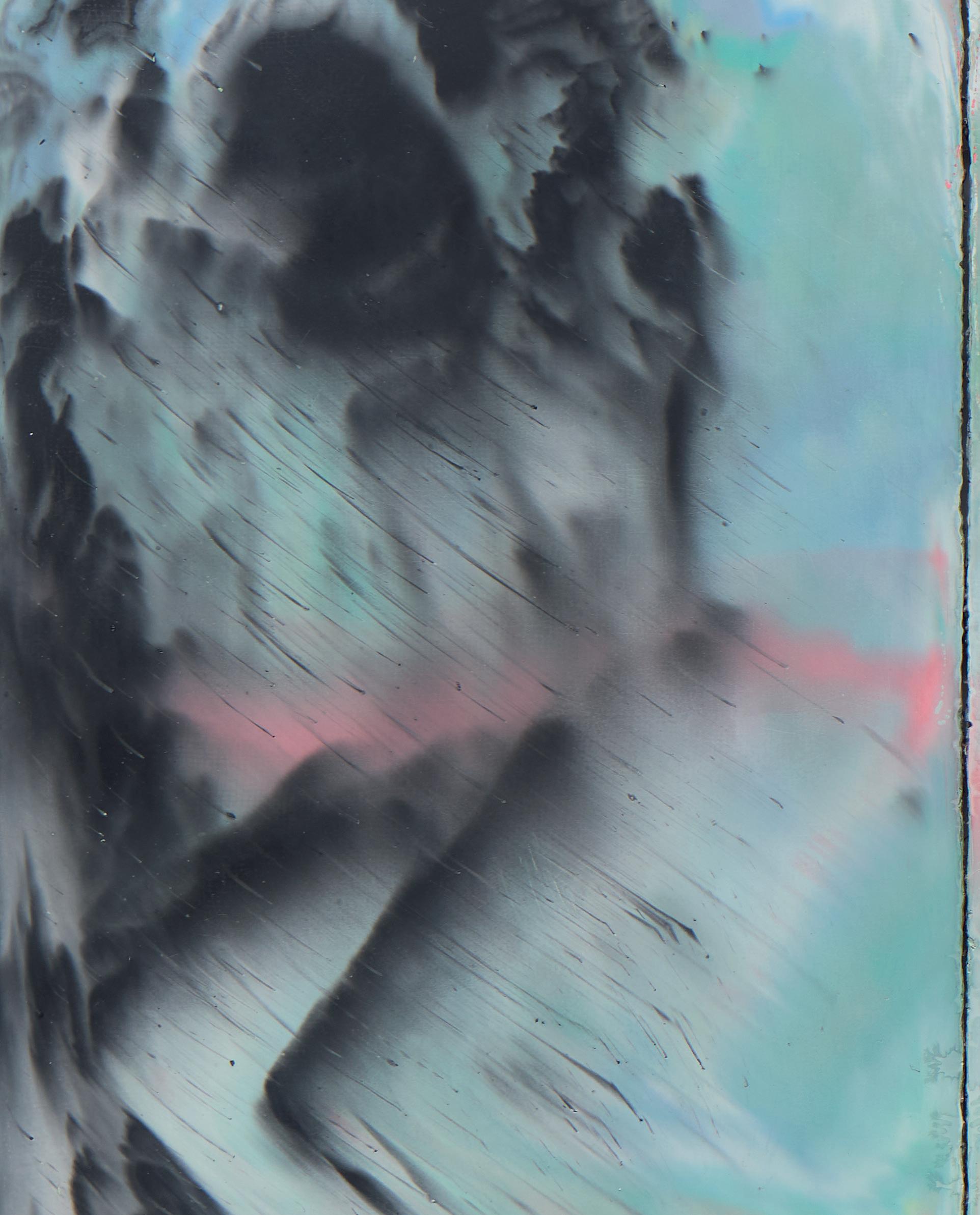
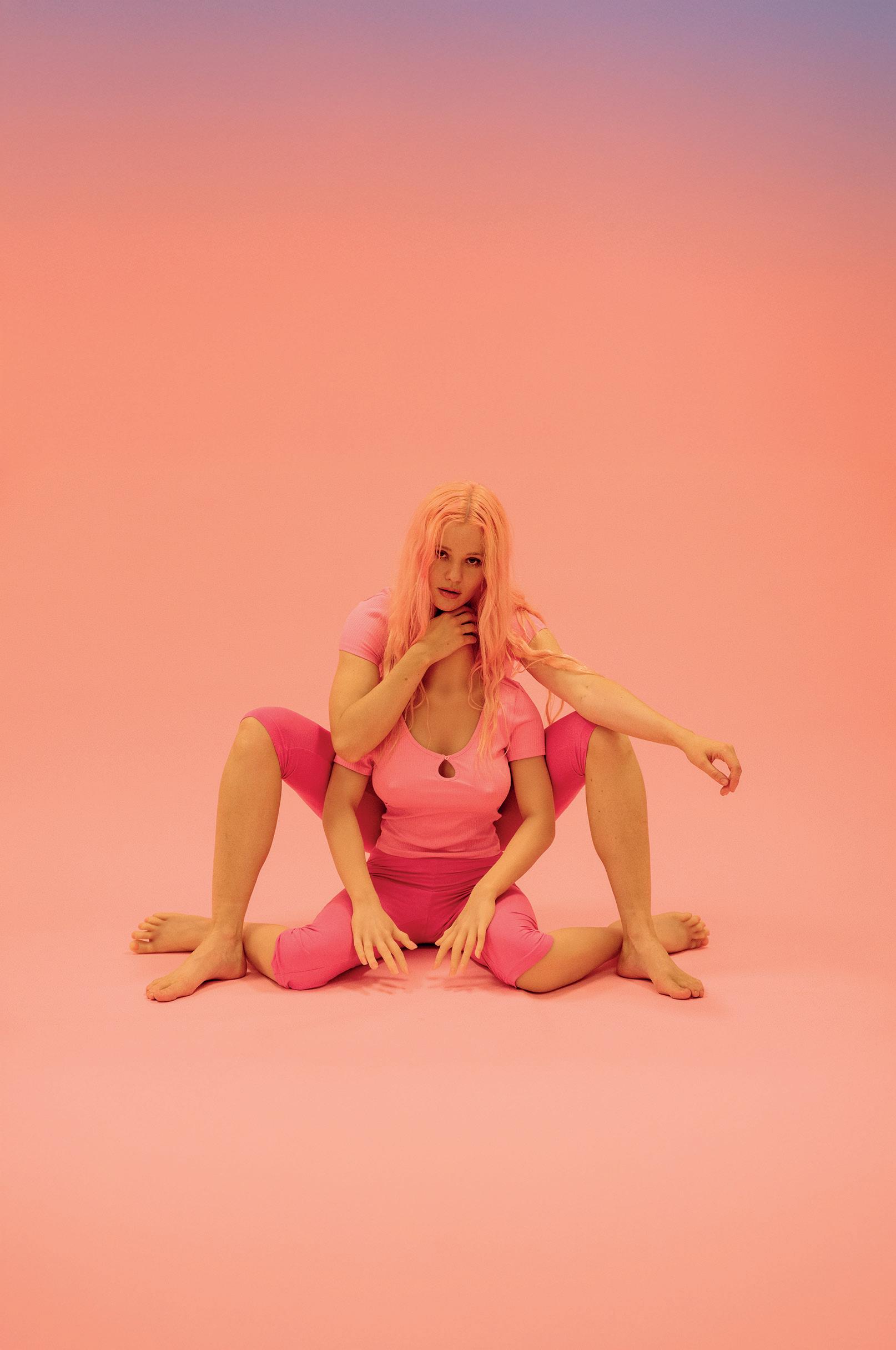
30 x 40 cm, 11 3/4 x 15 3/4 in 10 editions 2 ap



30 x 40 cm, 11 3/4 x 15 3/4 in 10 editions 2 ap
7 June - 9 June 2025
It was Hermann Nitsch’s wish that Schloss Prinzendorf should remain the venue for his O.M. Theater even after his death. Rita Nitsch fulfilled this last request with the staged performance of the 160th action.
Days 1 and 2 of this second version of the 6-day play were performed in July 2022. The third day, dedicated to Dionysus, the god of wine, joy, grapes, fertility and ecstasy, was performed on Pentecost Sunday 2023. Rita Nitsch, supported by Andrea Cusumano, Leonhard Kopp and Frank Gassner, realized the heartfelt wish of the artist, who died in April 2022, with more than 60 actors and over 100 musicians. The last 3 days of his 6-day-play took place from June 7–9 2025.

Hermann-Nitsch-GmbH 6-Tage-Spiel, 2023
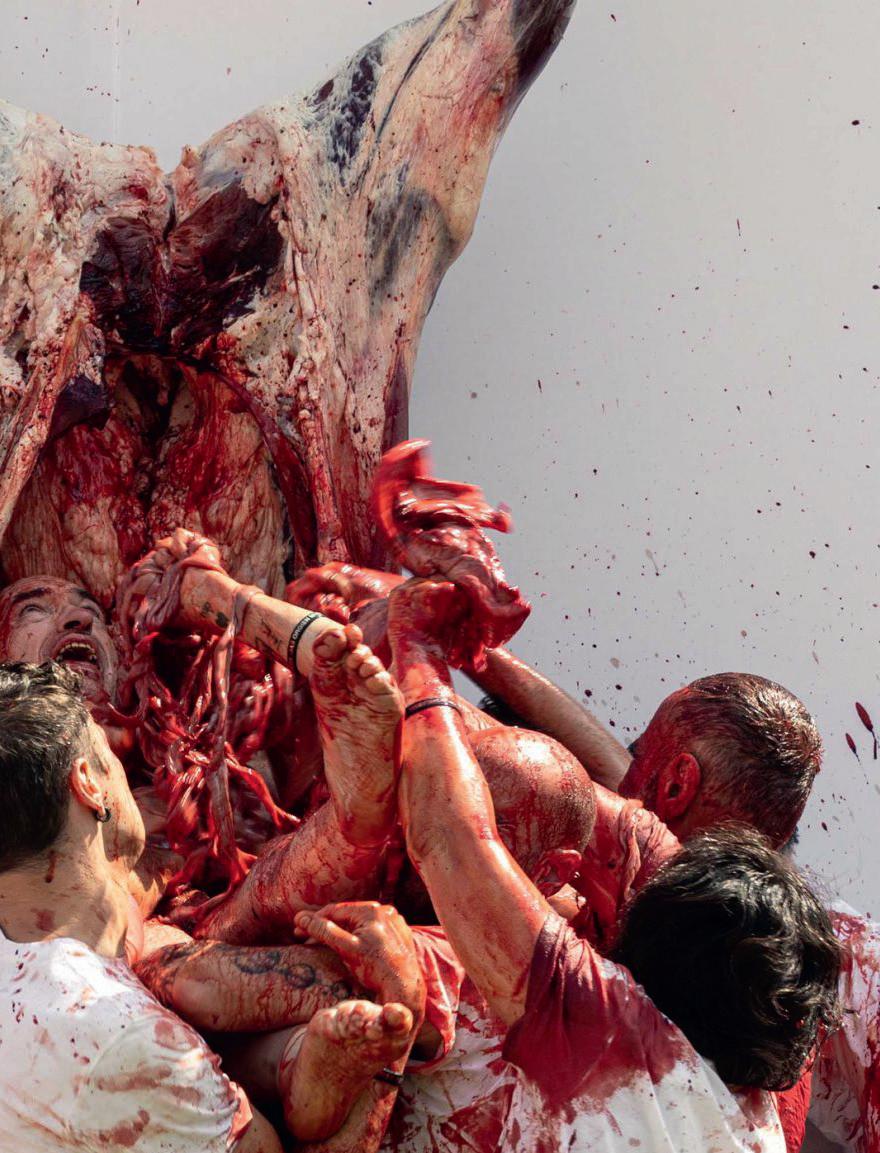
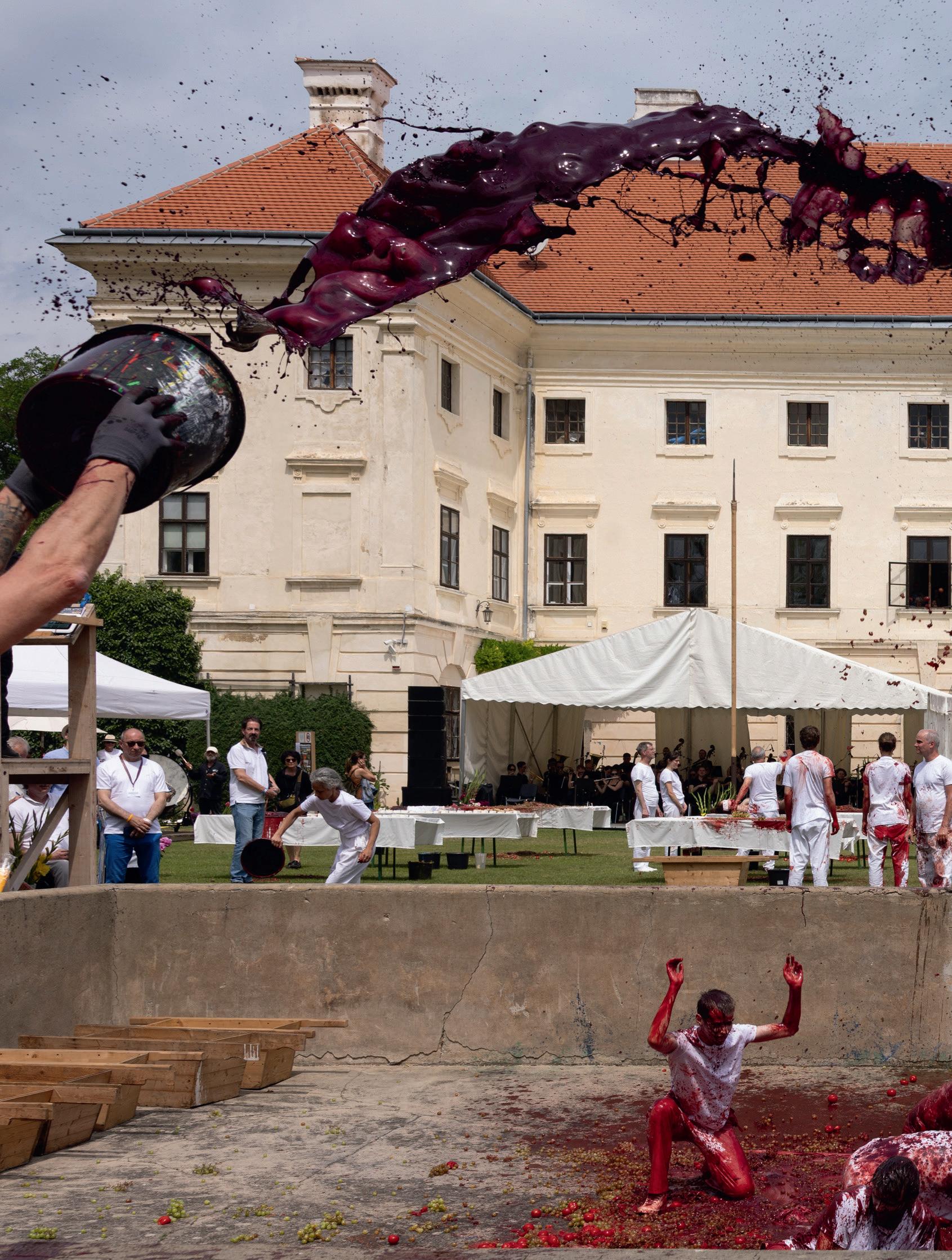
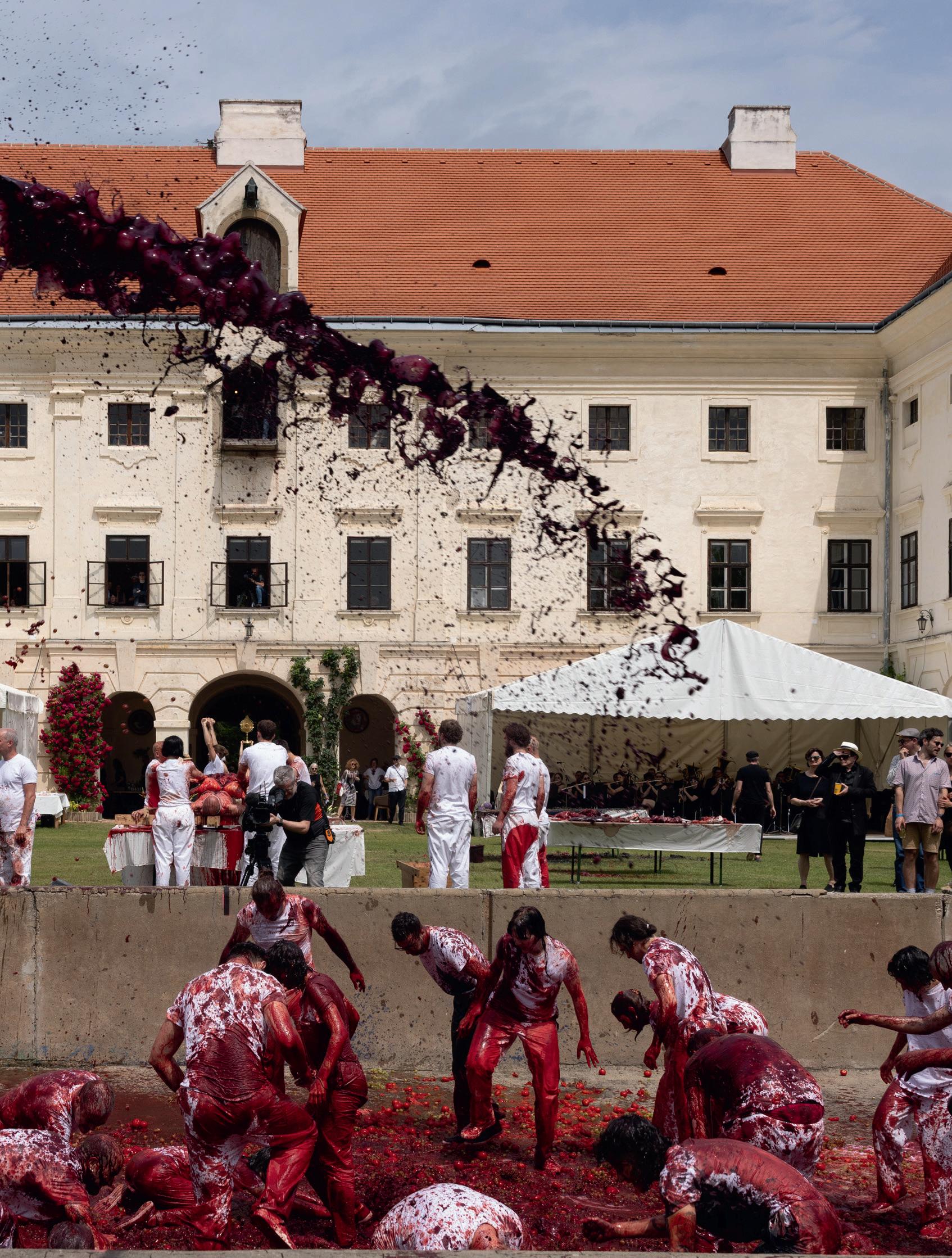
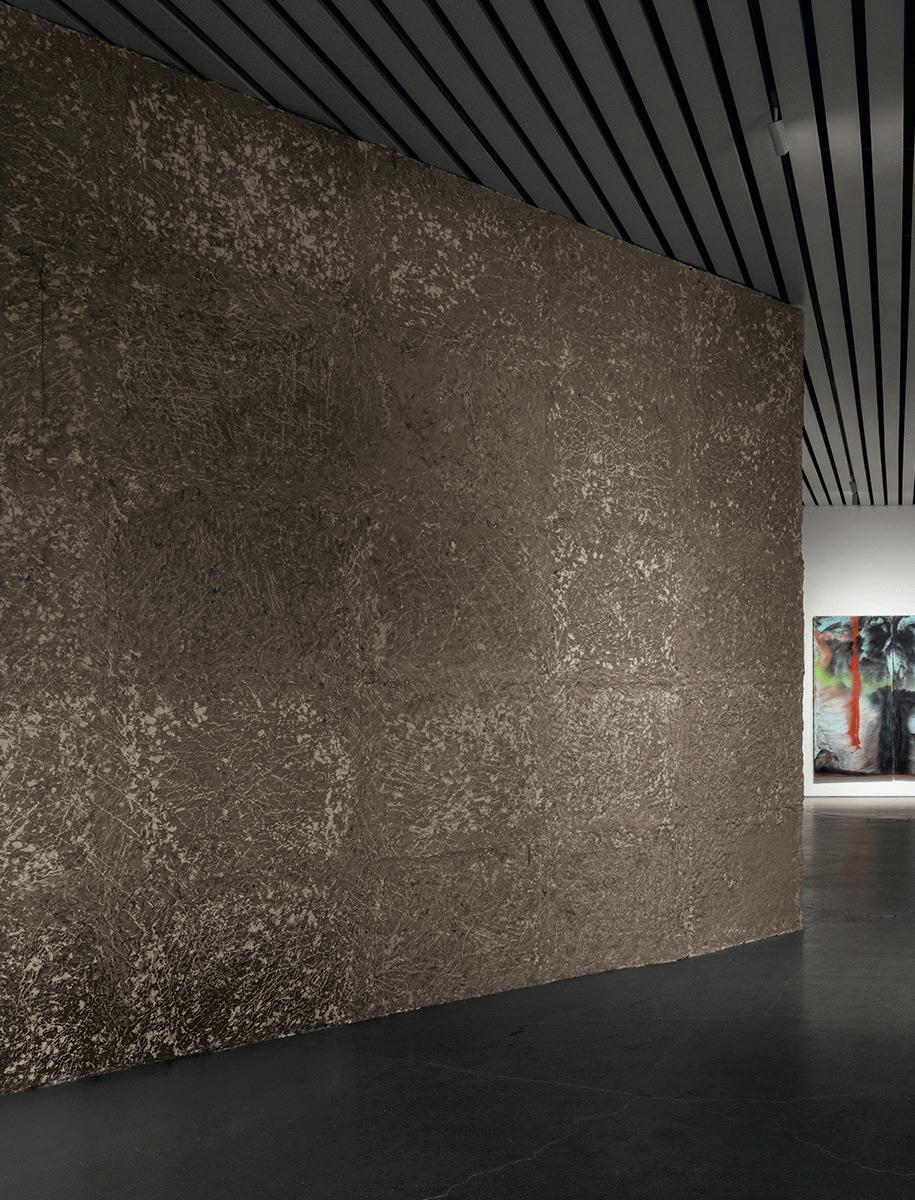
- 1
Harminder Judge’s first institutional exhibition BootstrapParadox,was presented at moCa Cleveland.
It explores themes of alchemy, spiritual processions, and the body’s transformation through death. Judge’s vibrant plaster and pigment works emerge from energetic lines and intuitive processes, where colour is embedded into the material, merging sculpture and painting. Influenced by funeral rites and ceremonial burning, his large, dynamic pieces provide a space for powerful emotional responses while exploring the embodied connection between the physical and the spiritual.
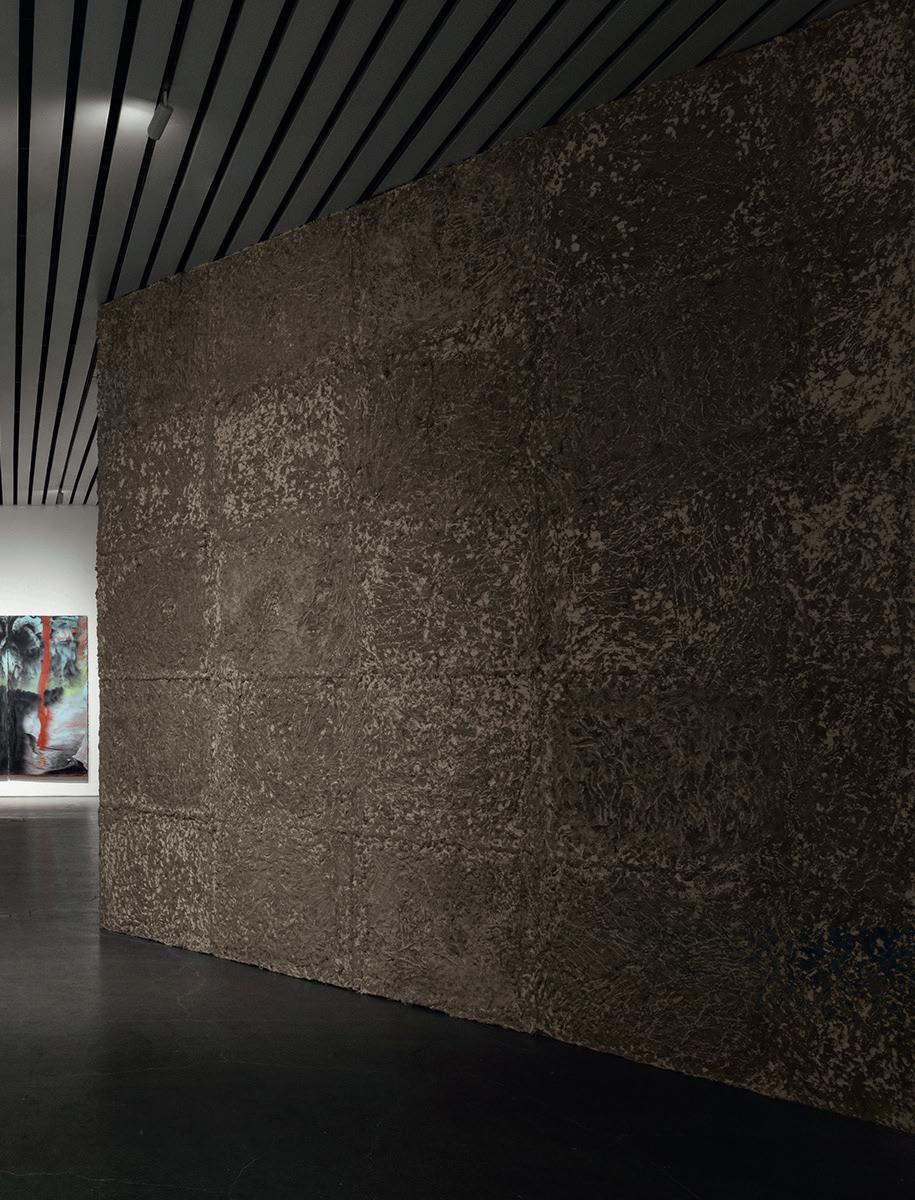
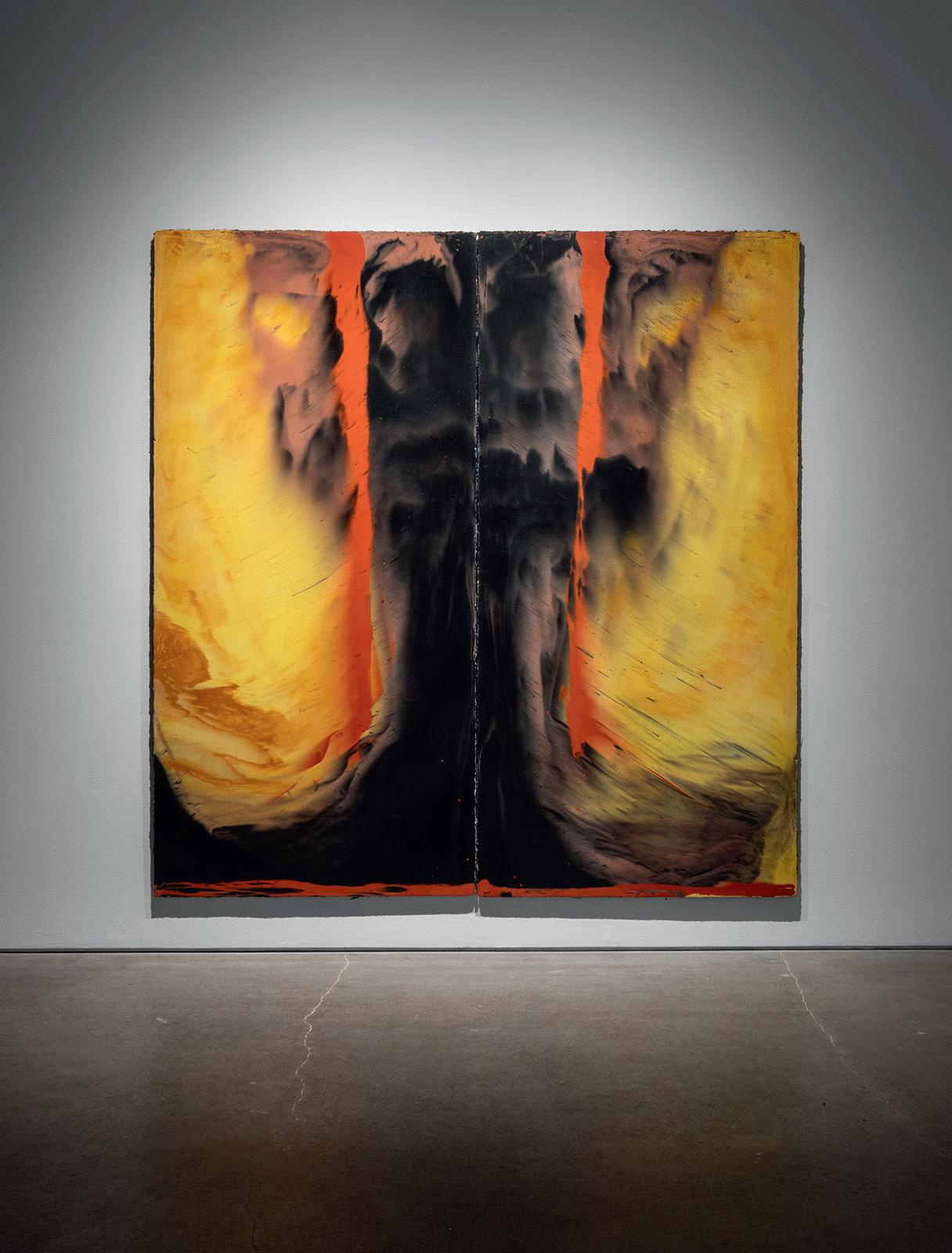

17 April - 16 November 2025
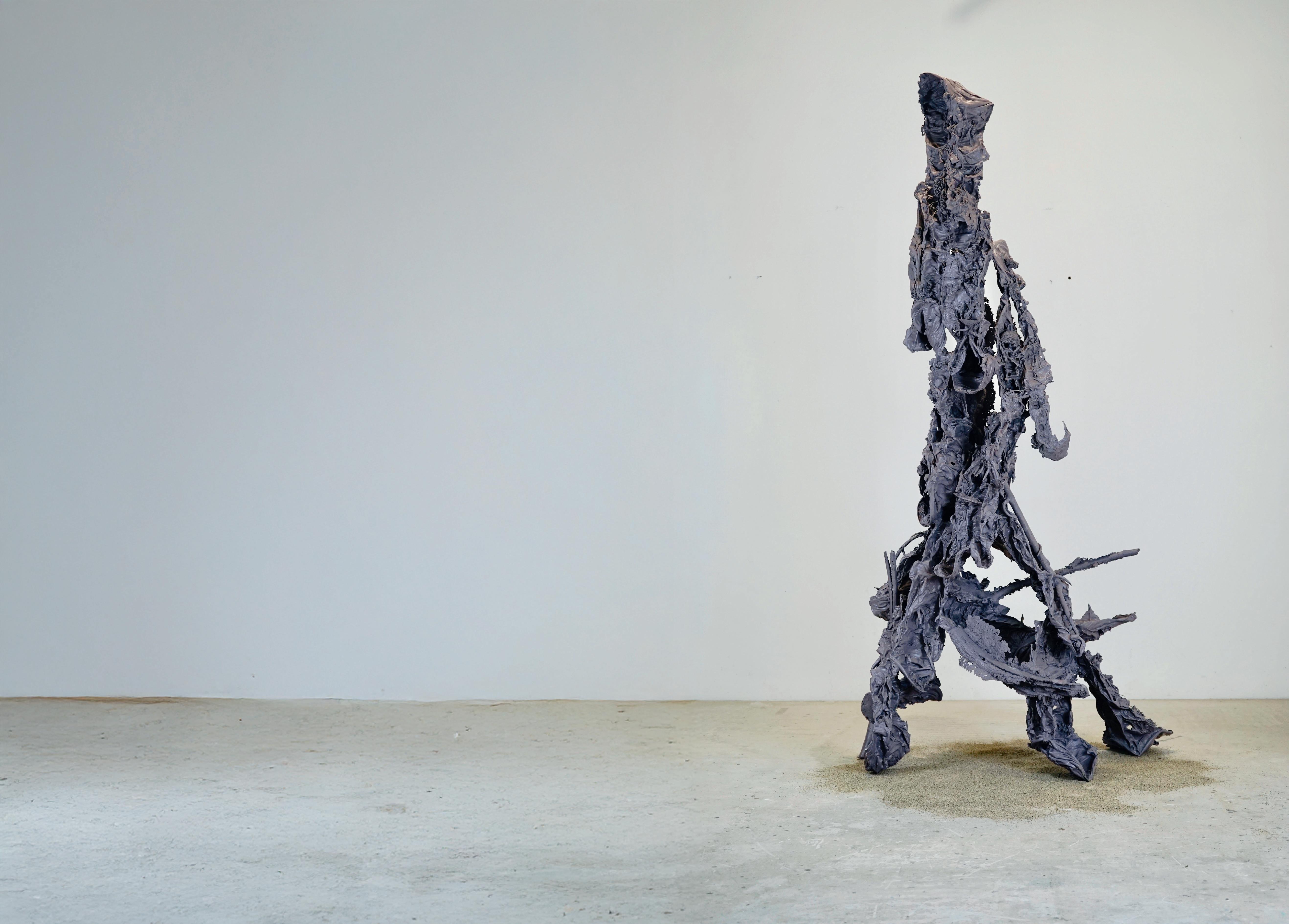
Karl Karner’s sculpture, ‘I eat with my bird’ (2024), is currently on view as part of the group exhibition ‘De Sculptura’ at the Albertina Klosterneuburg.
In his work Karl Karner opens up a broad discussion about objects, materiality and space. Participatory impulses run through his work - for example, when viewers themselves become actors in the installations, or when nature is given an essential role, as well as the freedom to develop in the environments the sculptures create.
The unconventional, amorphous formal language of his sculptures is based on concrete models from the animal and plant world, such as mushrooms, branches, tree bark or vineyard snails, which the artist combines into grotesque sculptural growths using casts.
His works are constantly changing structures that communicate with their surroundings - whether placed indoors or outdoors. They react to weather events and integrate them into their expression. This organic dynamic makes each installation unique and allows the sculptures to grow in dialog with the landscape. His sculptures are invitations to rethink spaces not as territories of control, but as platforms for encounters and freedom.

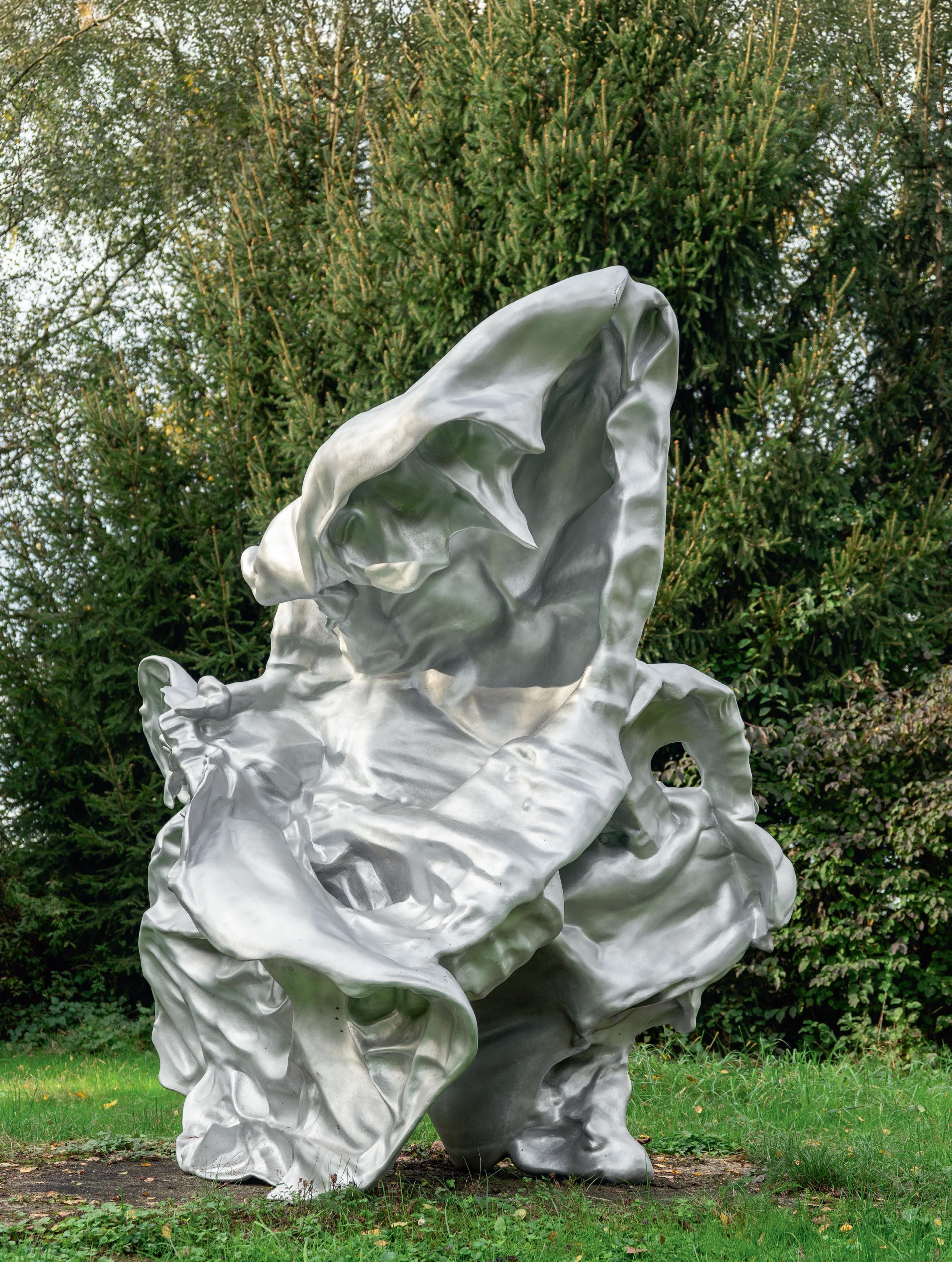
at the sculpture park of Schlossgut Schwante, Germany.

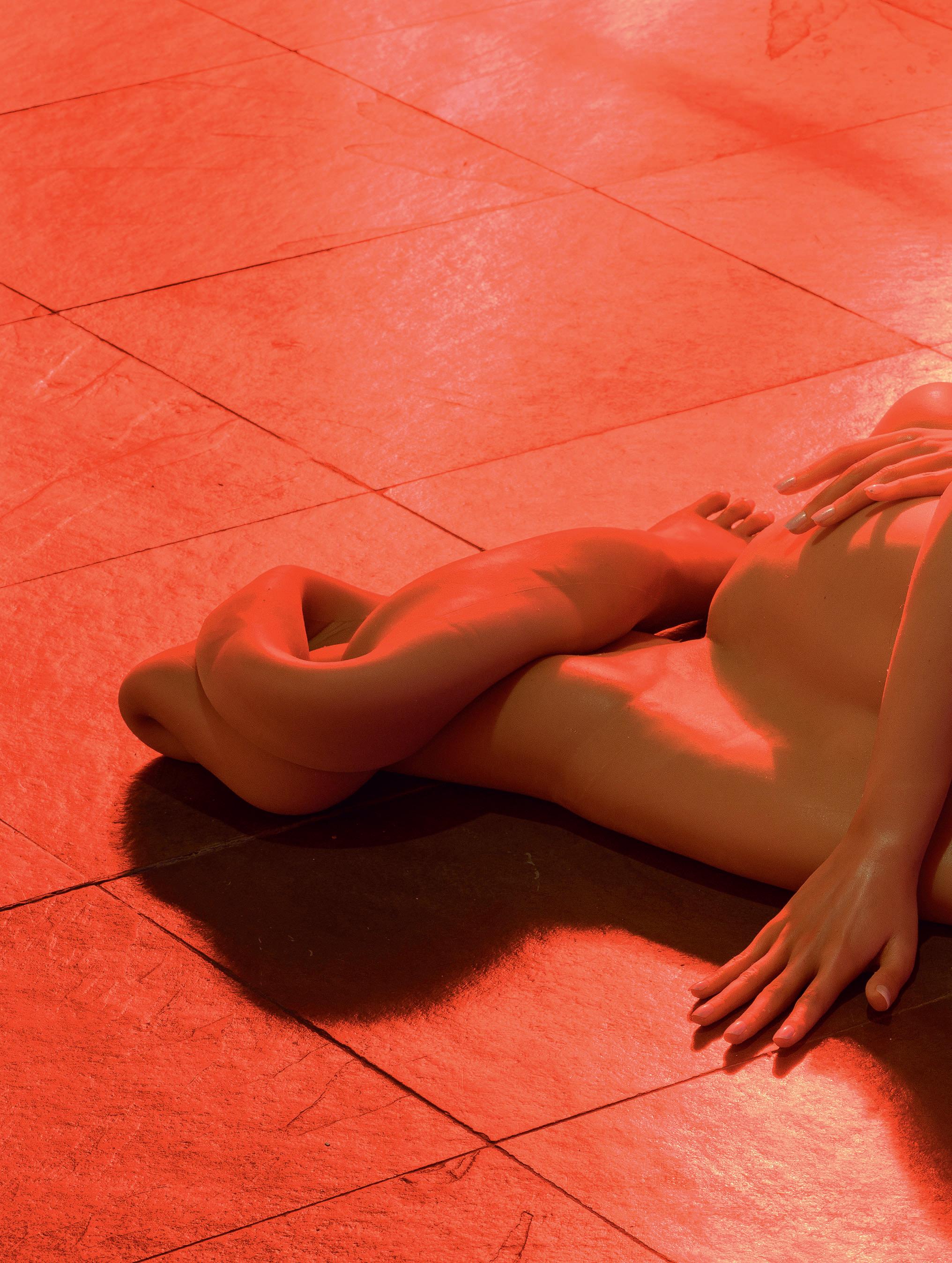
Vienna Digital Cultures Festival at Kunsthalle Wien curated by
Nadim Samman
5 May - 18 May 2025
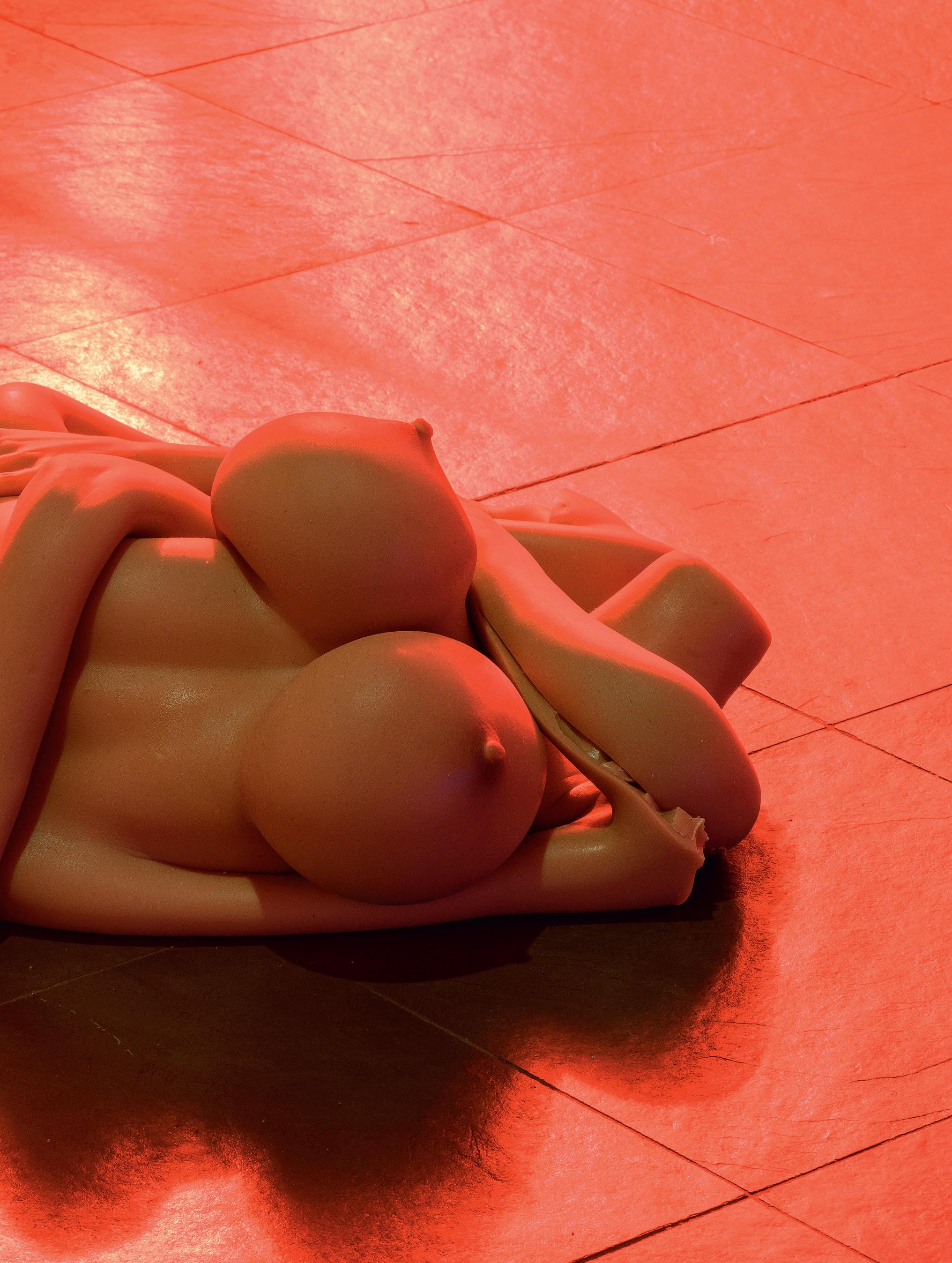
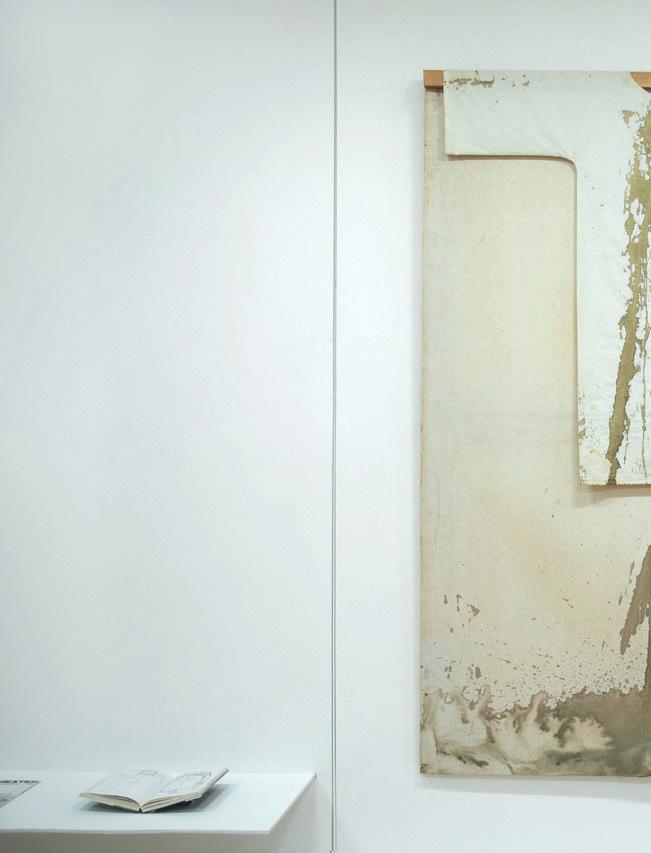
Centre Pompidou received a major donation of works by Hermann Nitsch. The project had been in development for several years and was finalised in autumn 2024.
A selection of works by Hermann Nitsch (1938-2022) was added to the Centre Pompidou’s permanent collection by the Nitsch Foundation and private collectors.
The works were on display in the permanent collection until March 10 2025 and are now presented again as part of the exhibition of the Jean Chatelus Collection.
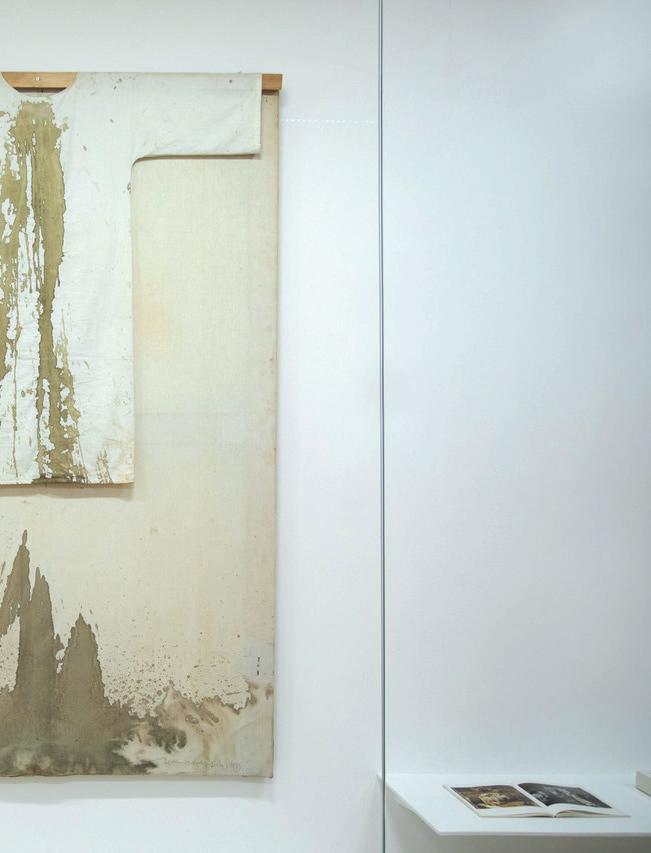
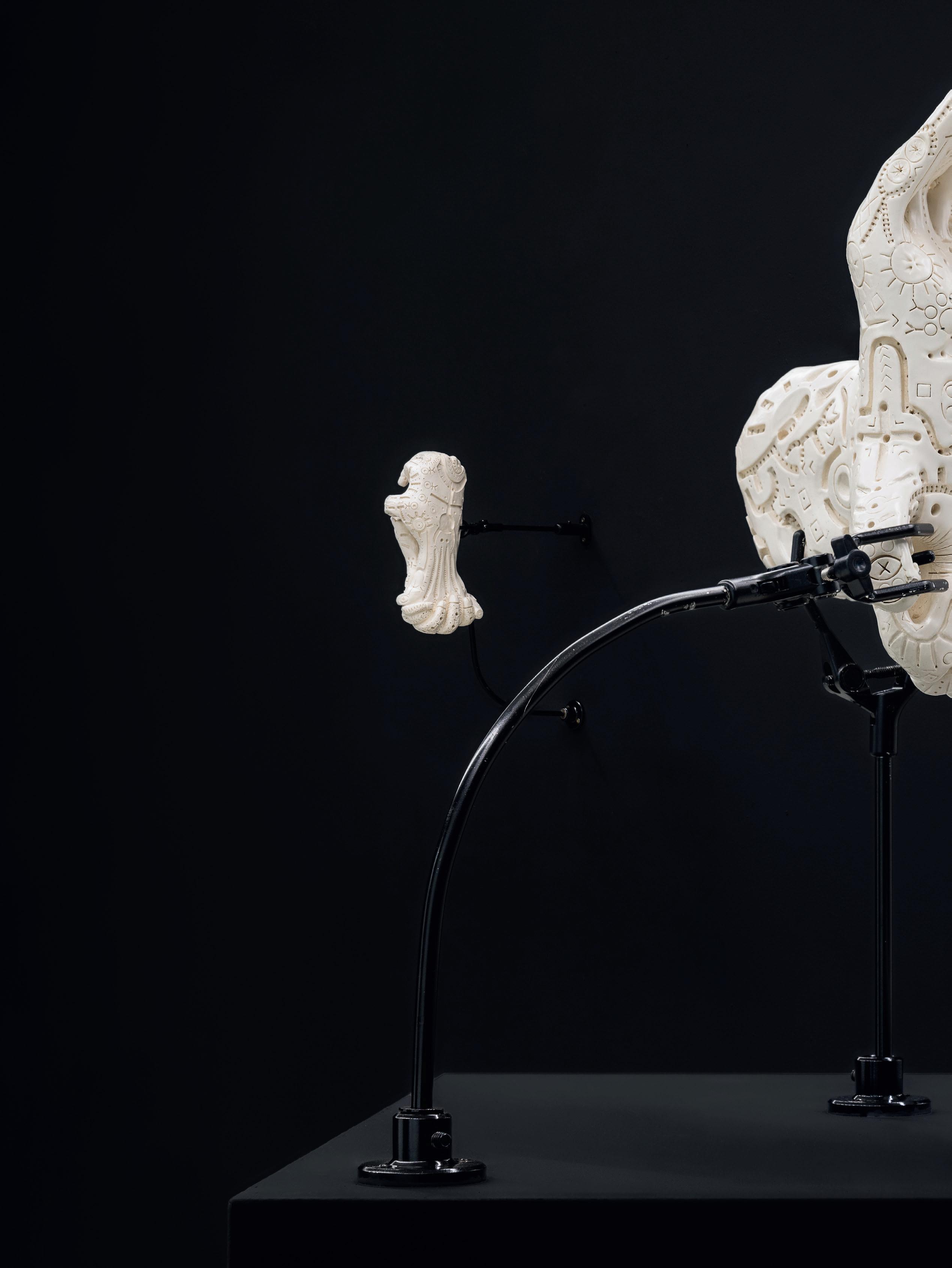
We are delighted to share that Rodrigo Valenzuela has recently been honoured with two major awards, recognizing his outstanding contribution to contemporary art.
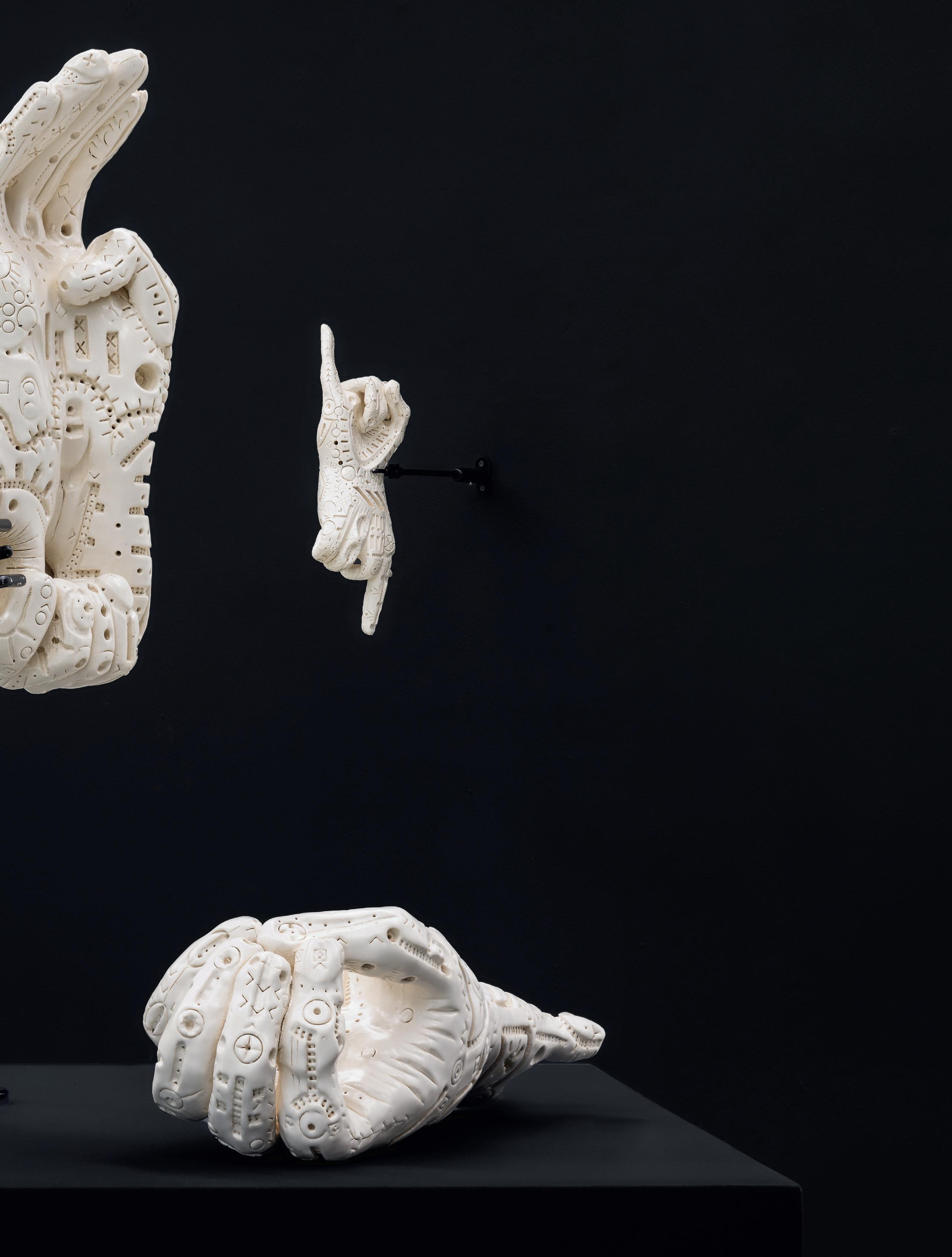
Rodrigo Valenzuela has received the 2025 Richard Pousette-Dart Award in Visual Arts, presented by the Foundation for Contemporary Arts (FCA). His work explores themes of labor, power, and representation, blending autobiographical elements with a post-capitalist critique of social and civic institutions. He creates a compelling mix of documentary and fiction, questioning how individuals and communities are portrayed.
In 2024, he was also awarded the Louis Comfort Tiffany Foundation Award. The award is a prestigious biennial grant established to support emerging American artists, providing them with financial support to advance their creative practice.
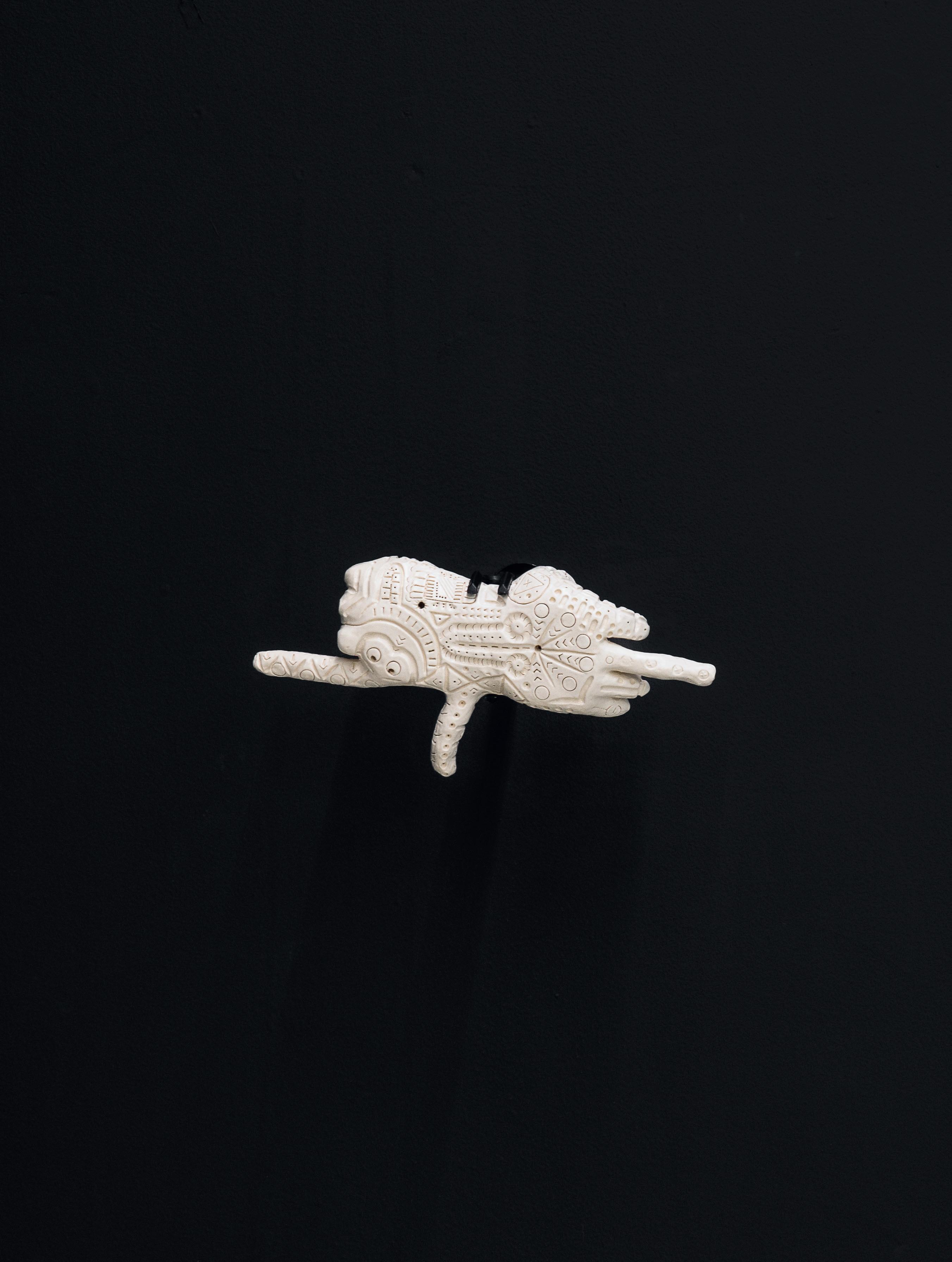
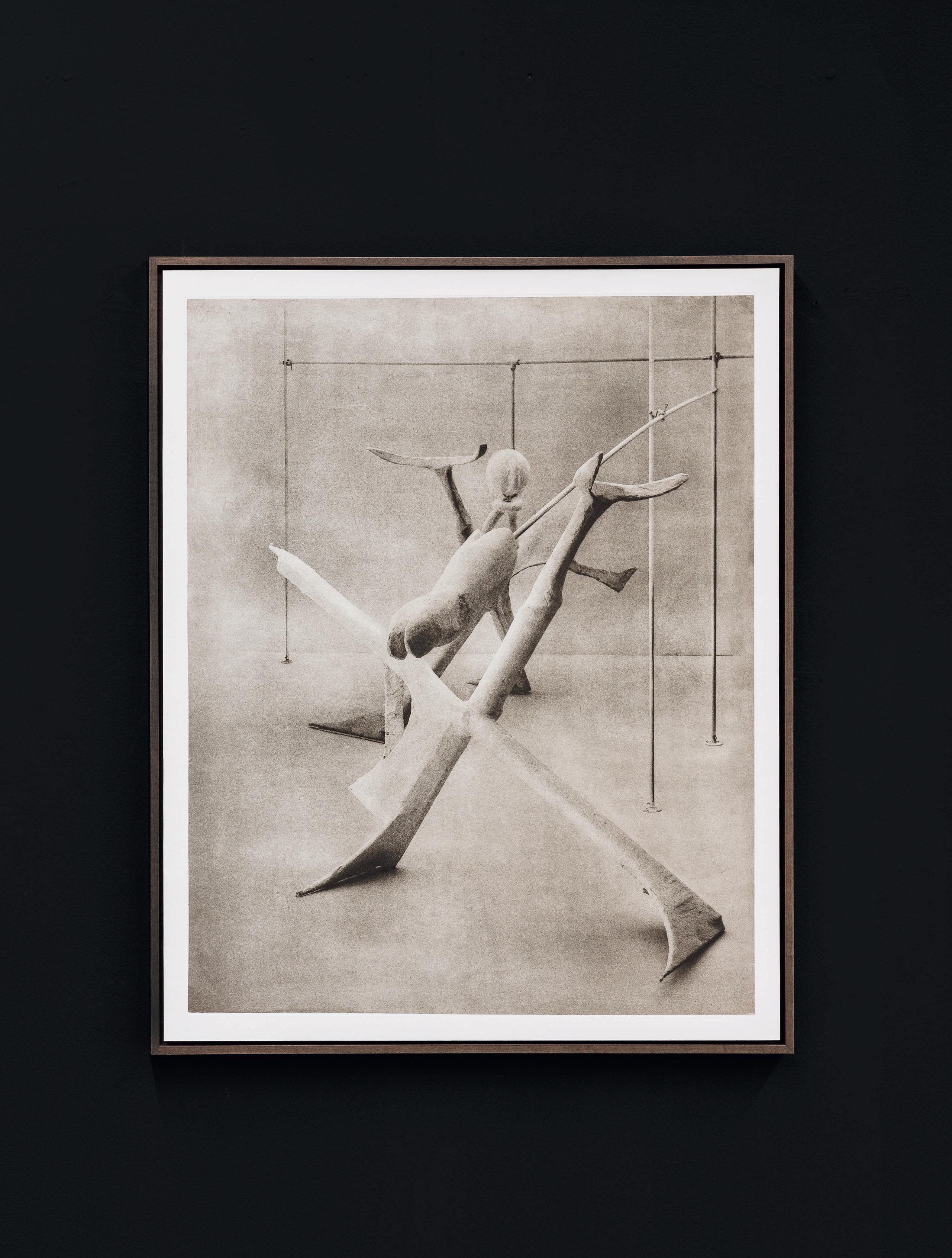
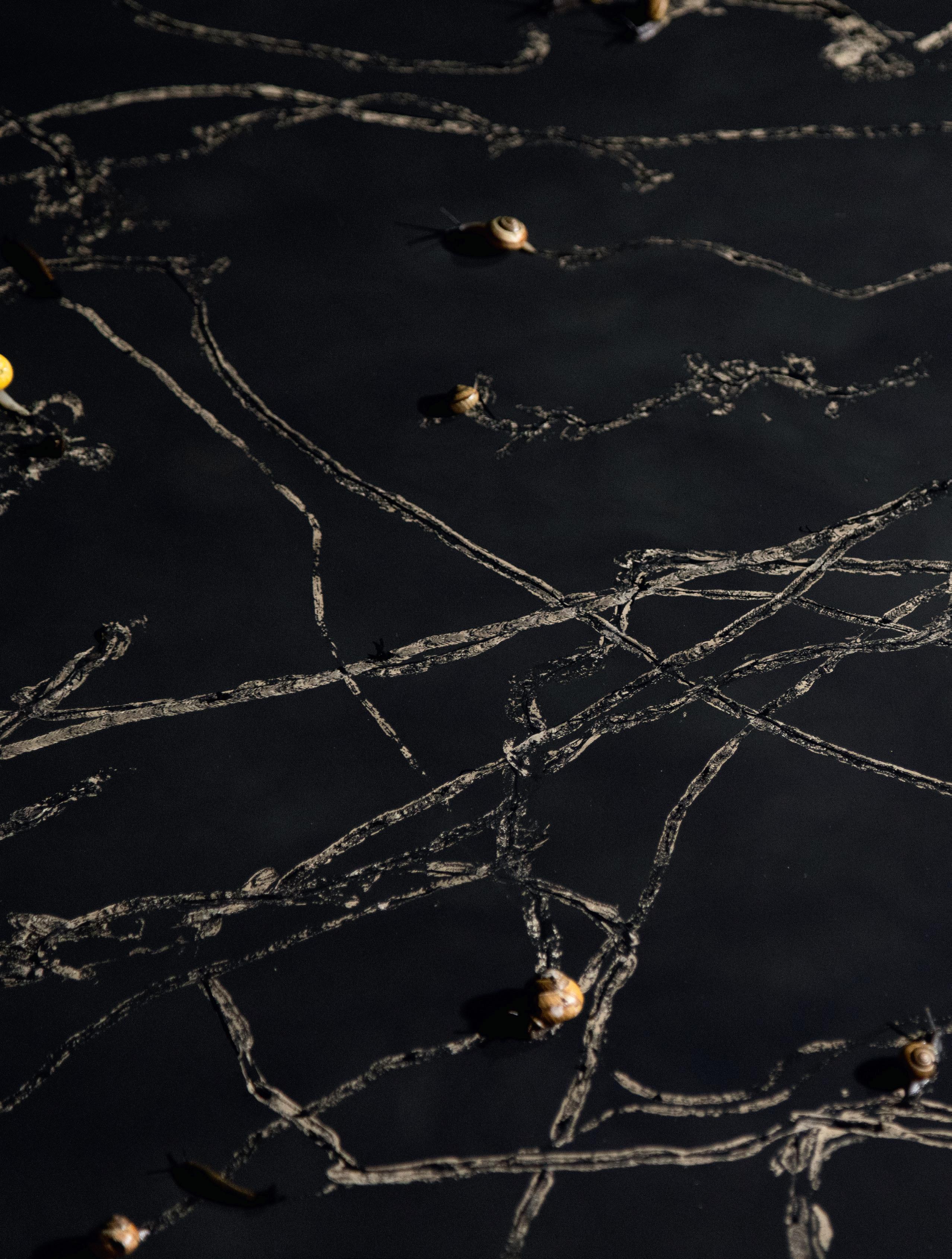
is presenting his exhibition Weltgrenzeat the Tree Museum by Enzo Enea in Switzerland
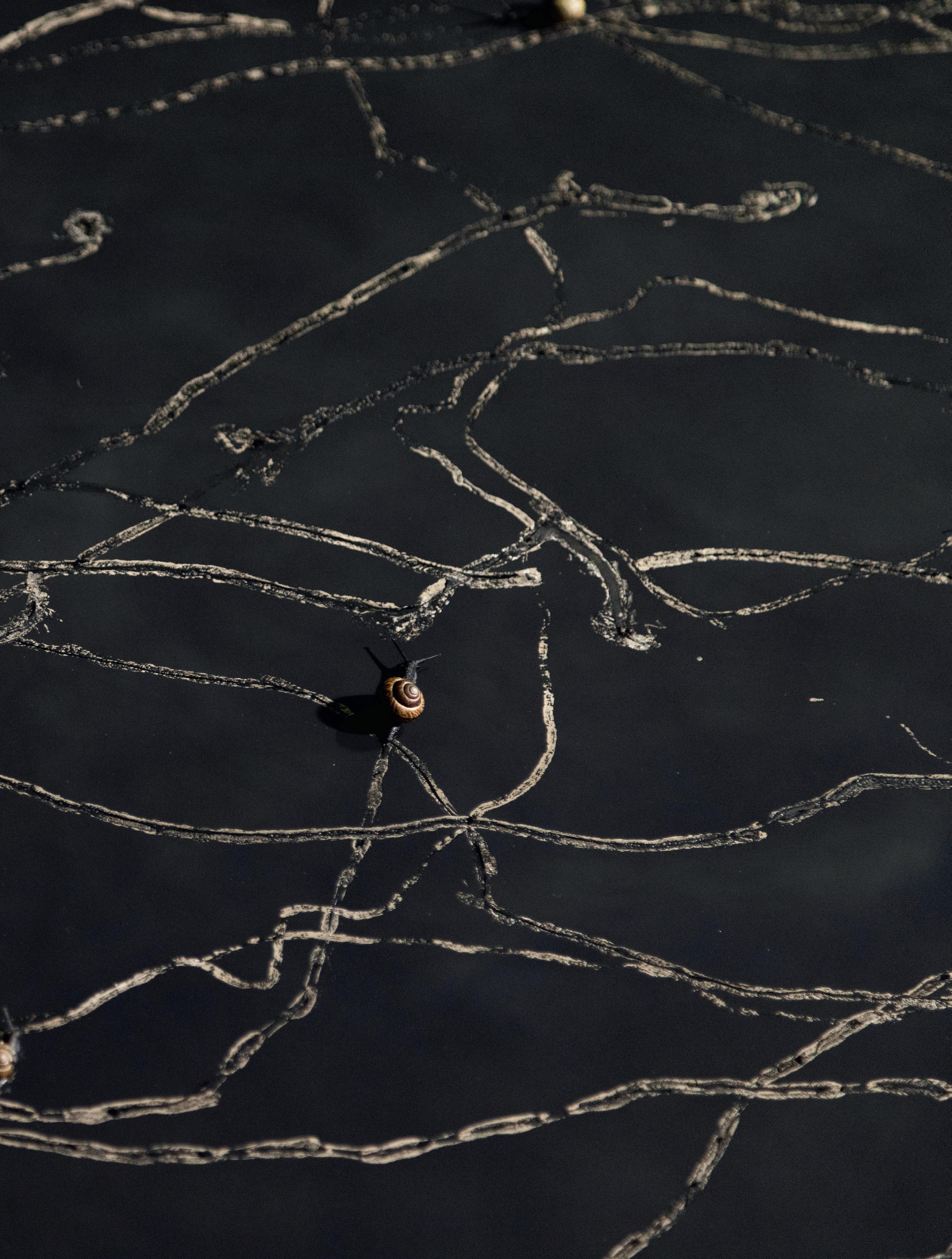

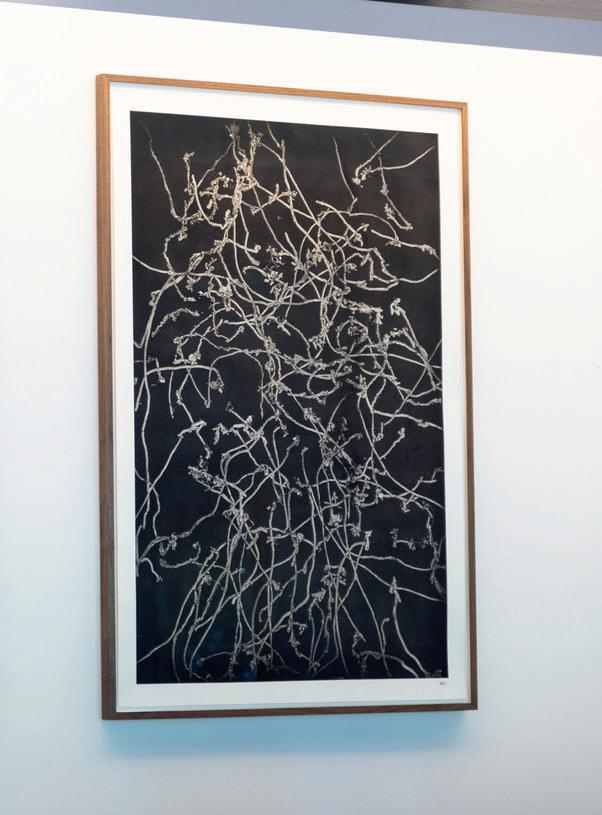
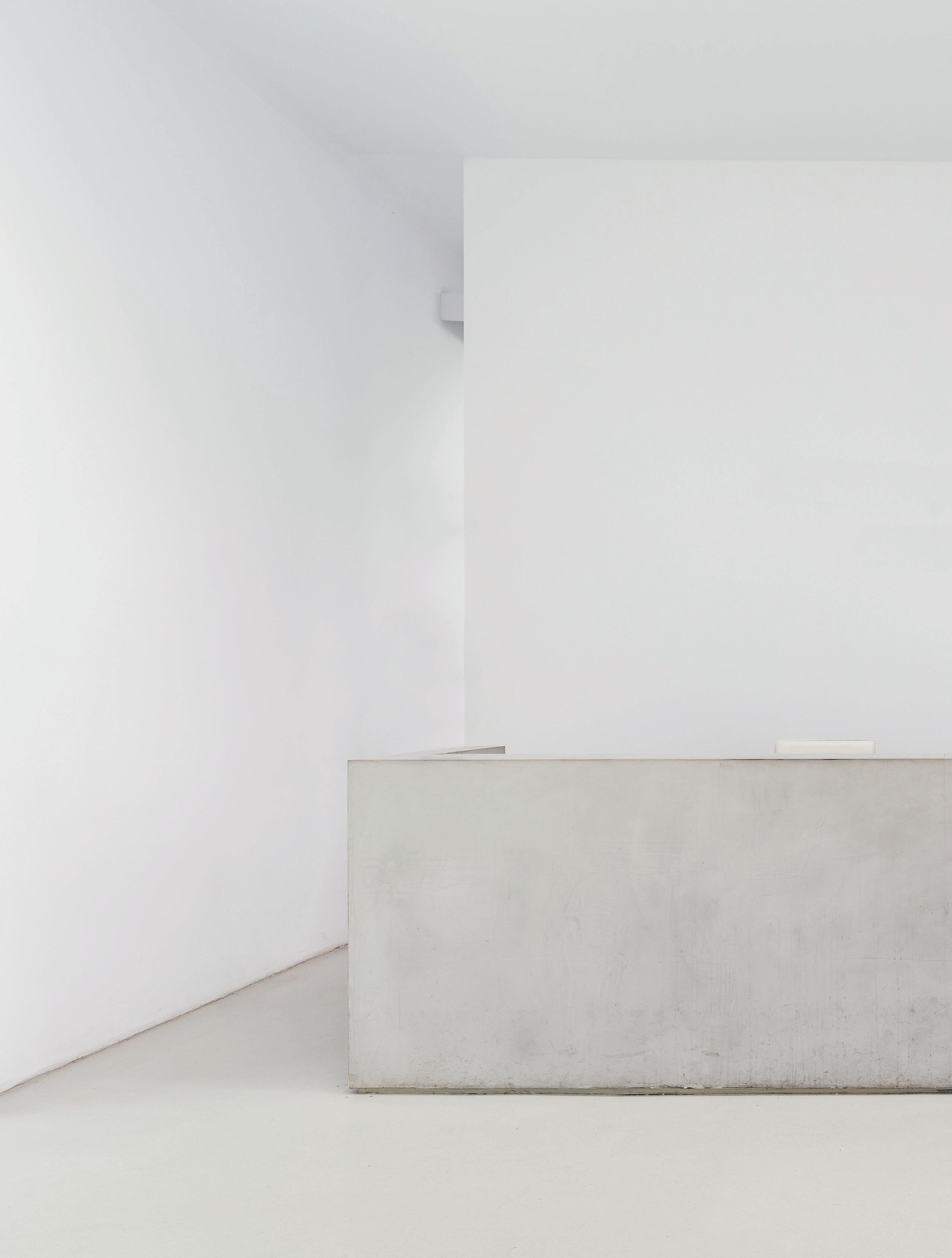

at Galerie Kandlhofer
21 May - 20 June 2025
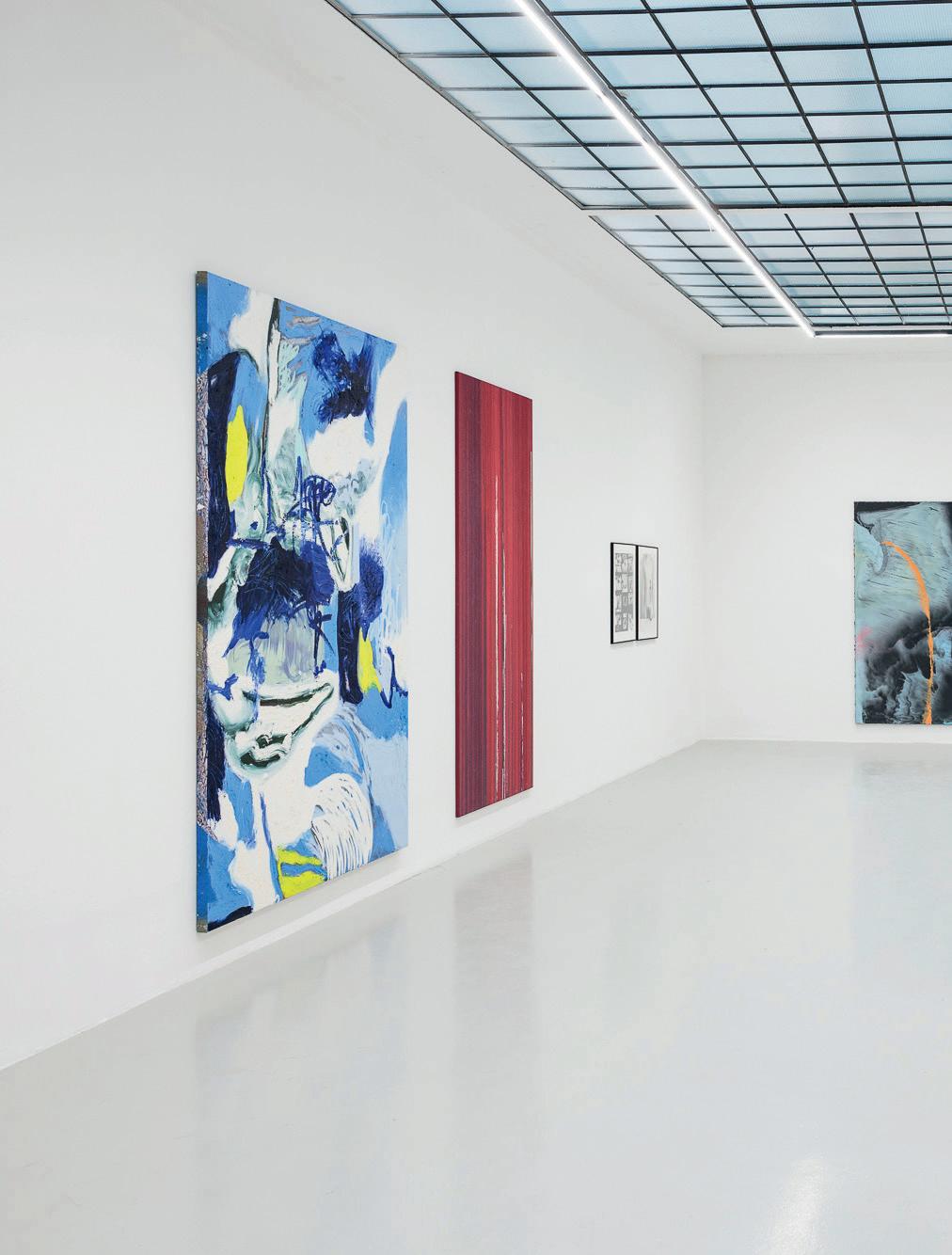
Under the title Embodied Rituals, Galerie Kandlhofer brings together three artistic positions that stand out in the international art world through their interweaving of performance, painting, installation and sculpture.
Donna Huanca (b.1980, Chicago), Harminder Judge (b. 1982, Rotherham) and Hermann Nitsch (b. 1938 - d. 2022, Austria) have developed distinctive artistic practices that not only produce highly recognisable works, but also establish a unique mode of expression. The exhibition Embodied Rituals offers insight into the multifaceted and complex work of these three artists through a selection of painterly pieces.
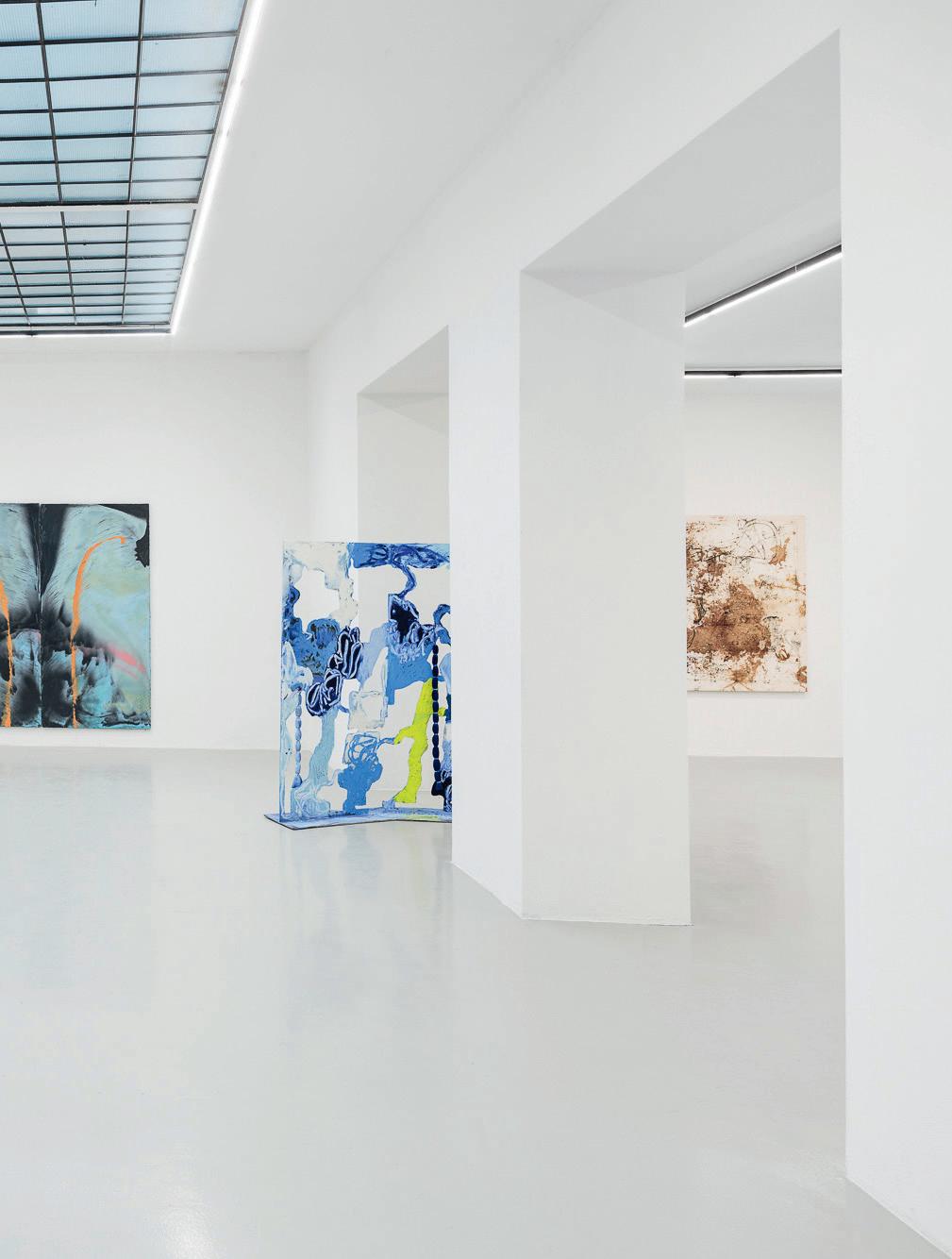

To begin with, it is important to consider what is meant by the term ritual. In everyday language, it is often used synonymously with routine, custom, ceremony, or a sequence of actions in a cultic context. However, within the framework of contemporary discourse and the performative practices of the exhibiting artists, a more precise understanding is needed. A ritual refers to a sequence of actions characterised by standardised external form, repetition, performative character, and symbolic meaning.
All of these elements appear in different ways within the work of the three artists. Their pieces are created through performative processes, shaped by repeated gestures, and often unfold in similar or recurring forms. While there is a certain consistency and recognisability in their visual language, each artist's process also allows for freedom, spontaneity, and immediacy of expression, along with continual development. Rituals are also processes of embodiment. The actions involved are not only physically performed and often include a specific staging of the body, but also reflect internalised patterns of behaviour. These events are perceived corporeally, as the body serves as both the medium and the means through which we experience the world. The German art historian Gottfried Böhm suggested that every artwork corresponds to a specific form of experience. As such, it requires our attention and calls for an appropriate engagement of the senses in order to fully reveal itself. In today's digital age,where we are confronted with an overwhelming flood of perfectly curated images, the question arises as to which images are still capable of capturing our attention and prompting genuine reflection. The prevailing gesture of image interaction today is the swipe of a finger across a touchscreen interface.
The time an image has to be seen, and ideally reflected upon, is often reduced to a matter of milliseconds. We touch countless images every day, yet rarely grasp them in any meaningful way. Donna Huanca, Harminder Judge, and Hermann Nitsch draw from existential sources to create works that, through their physical dimension, generate a powerful presence. This presence has the potential to disrupt our everyday flow of time and momentarily pull us out of it. The images presented in the exhibition are the results of symbolic acts that extend beyond themselves. Through their intensity, they transcend the moment and place it within a broader context. Unlike the serial perception typical of the digital present, these works demand a symbolic perception that recognizes permanence within transience. To borrow the words of the German philosopher Hans-Georg Gadamer, they invite us to discover the lasting within the fleeting. The essence of the temporal experience offered by this kind of art lies in the opportunity to immerse ourselves in the images and, ideally, to internalise them. In theory, rituals have the potential to transform social reality by altering the perspectives and expectations of those who participate in them. This transformative capacity is also present in the works of these artists. In a highly original way, their pieces connect past and present while opening a view toward the future.
Text by Roman Grabner
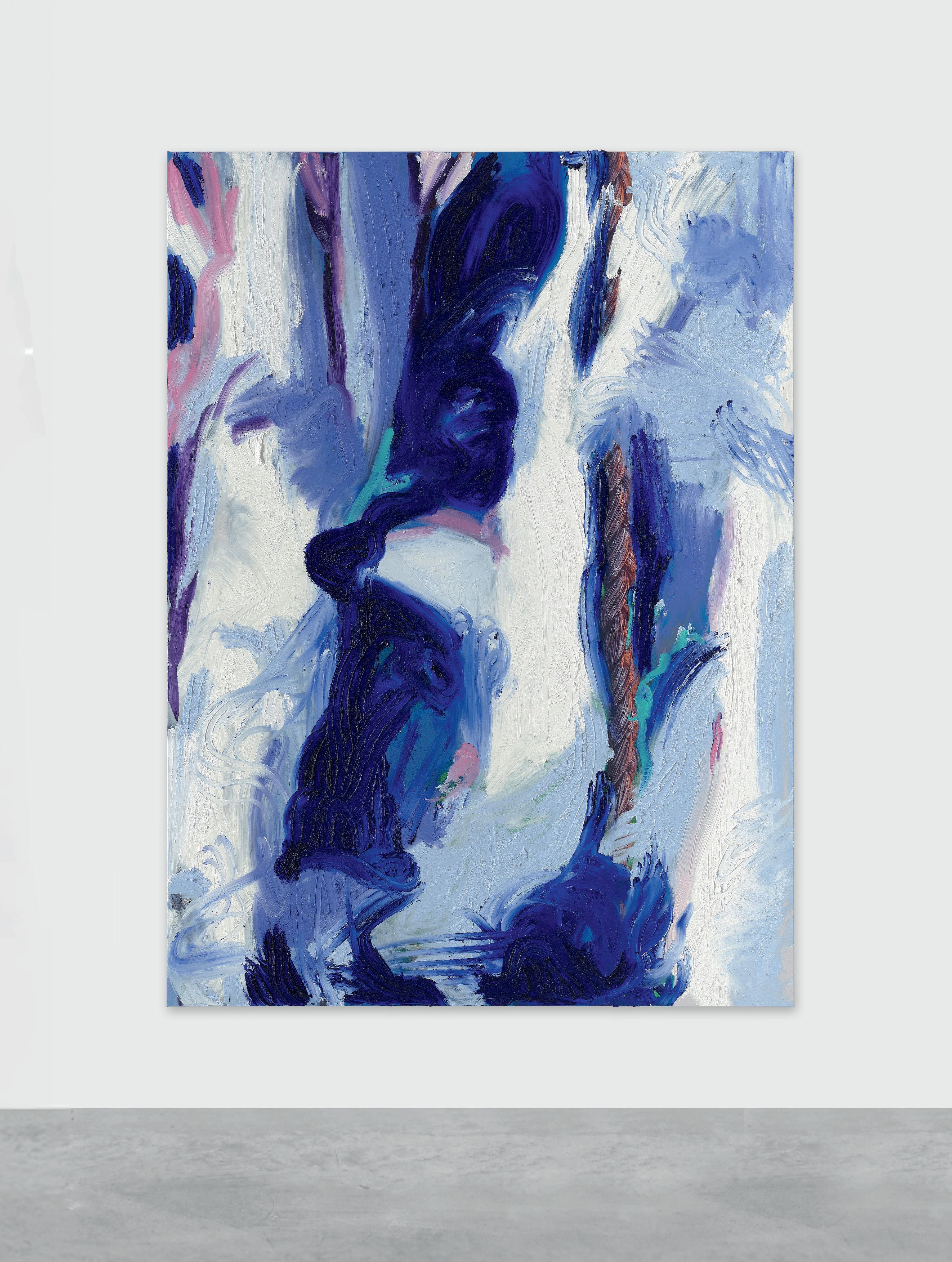
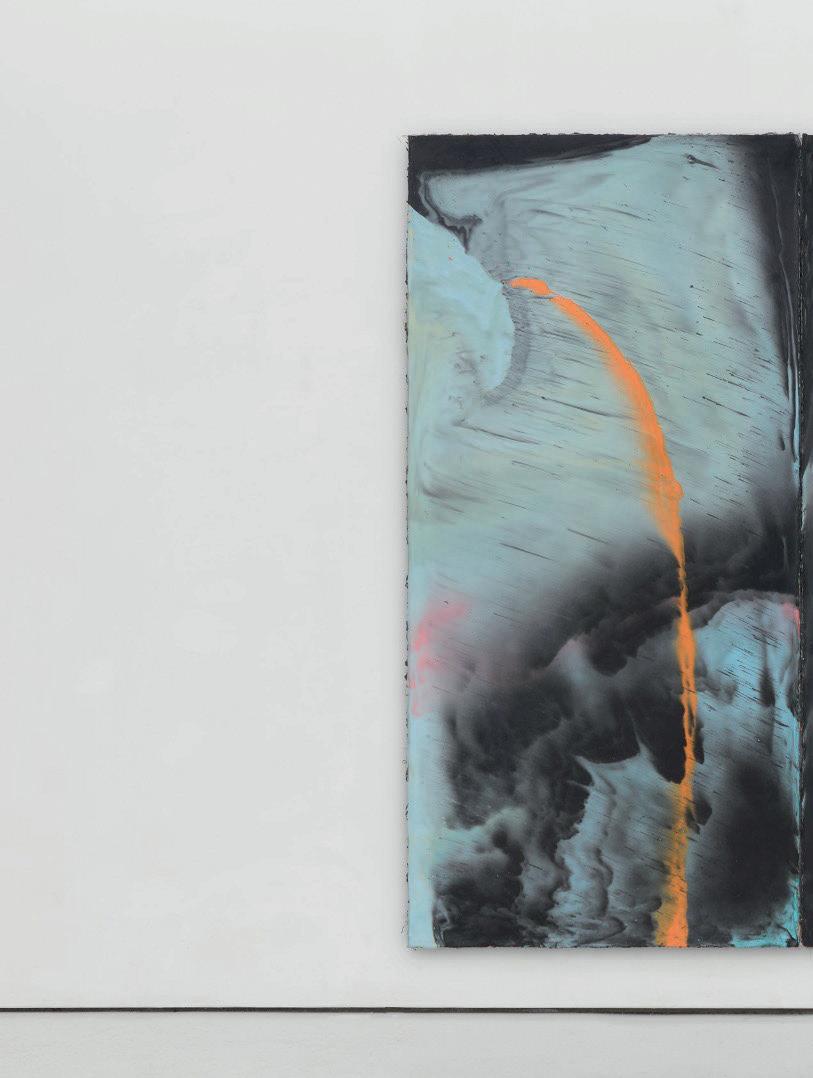
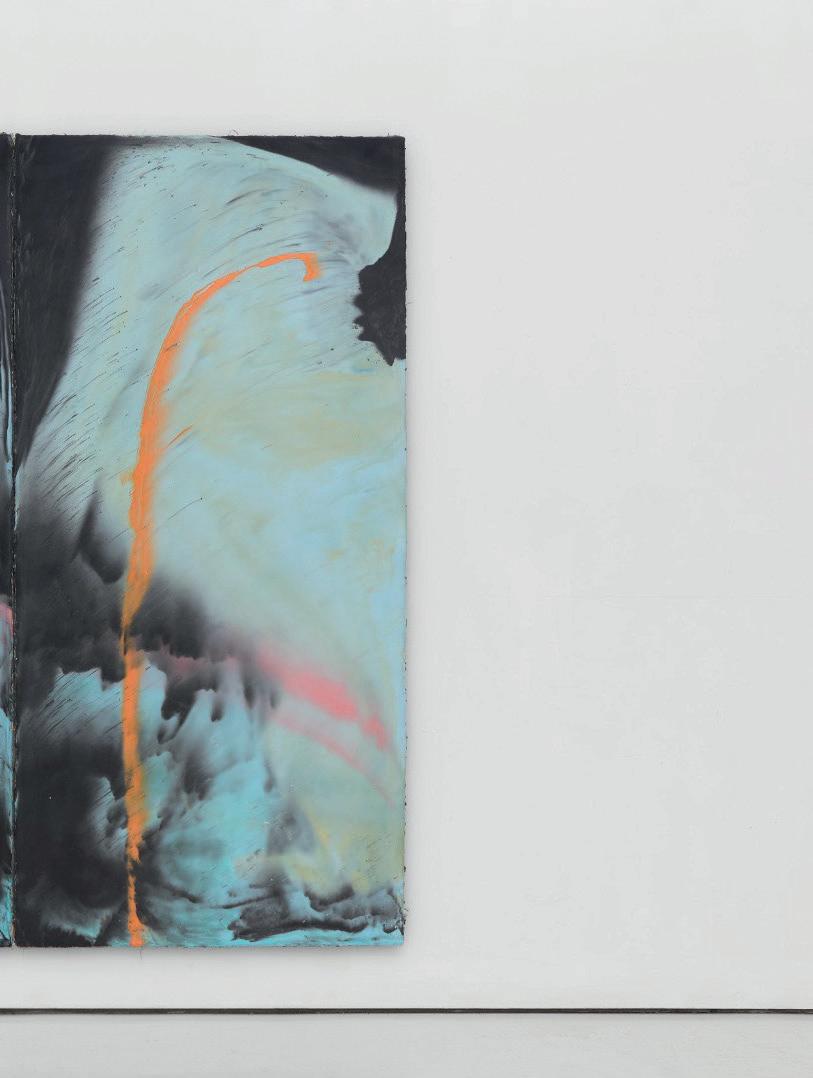
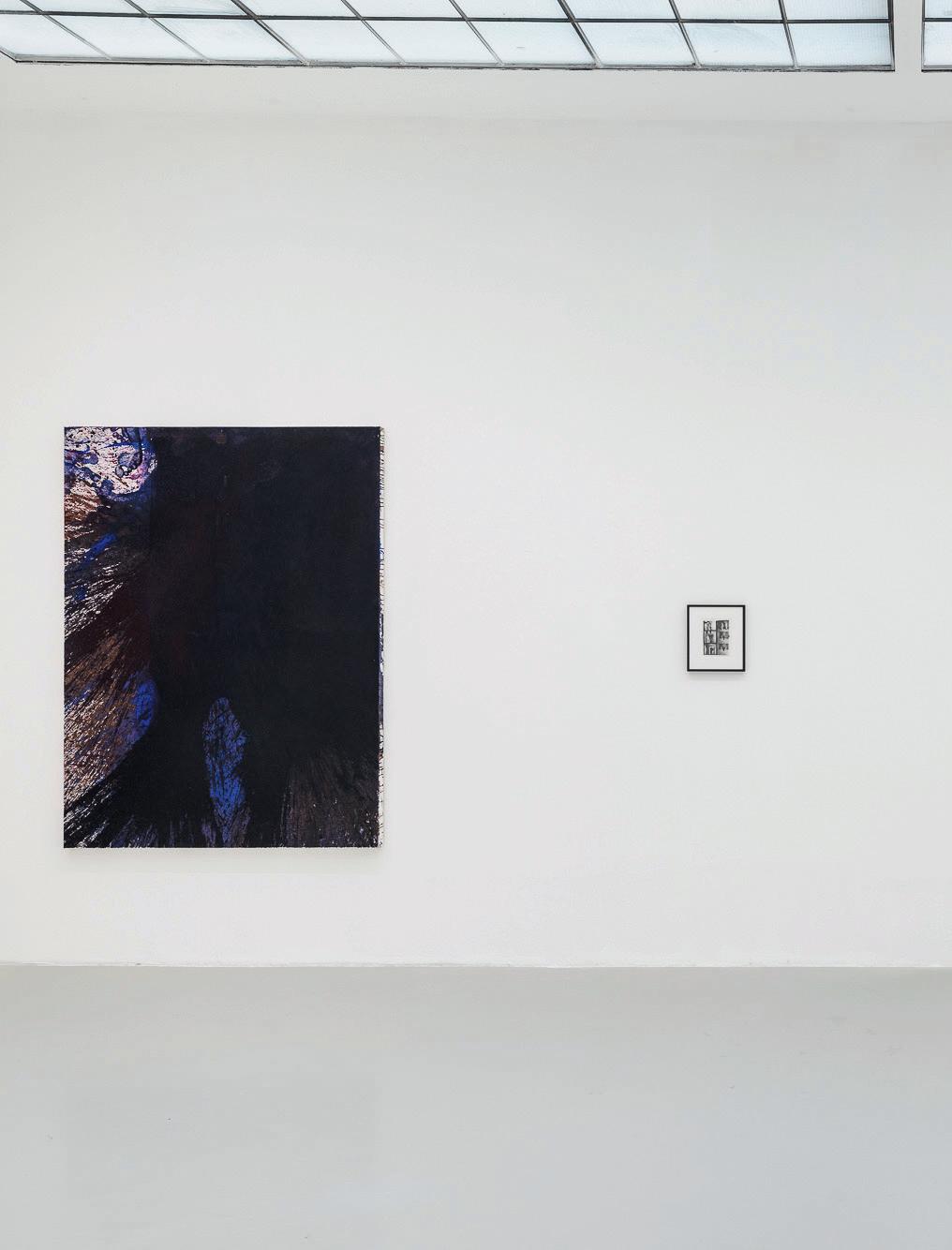
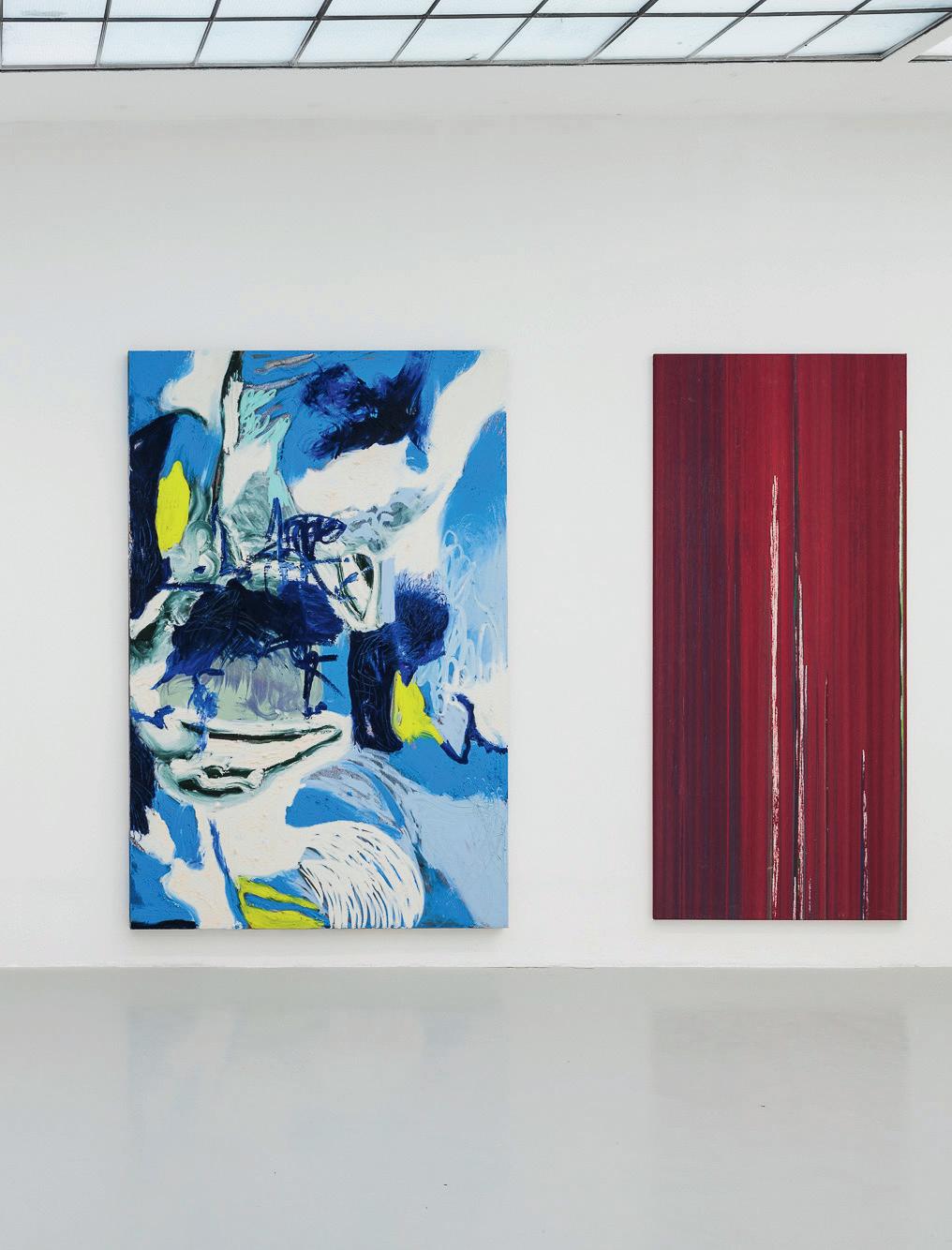


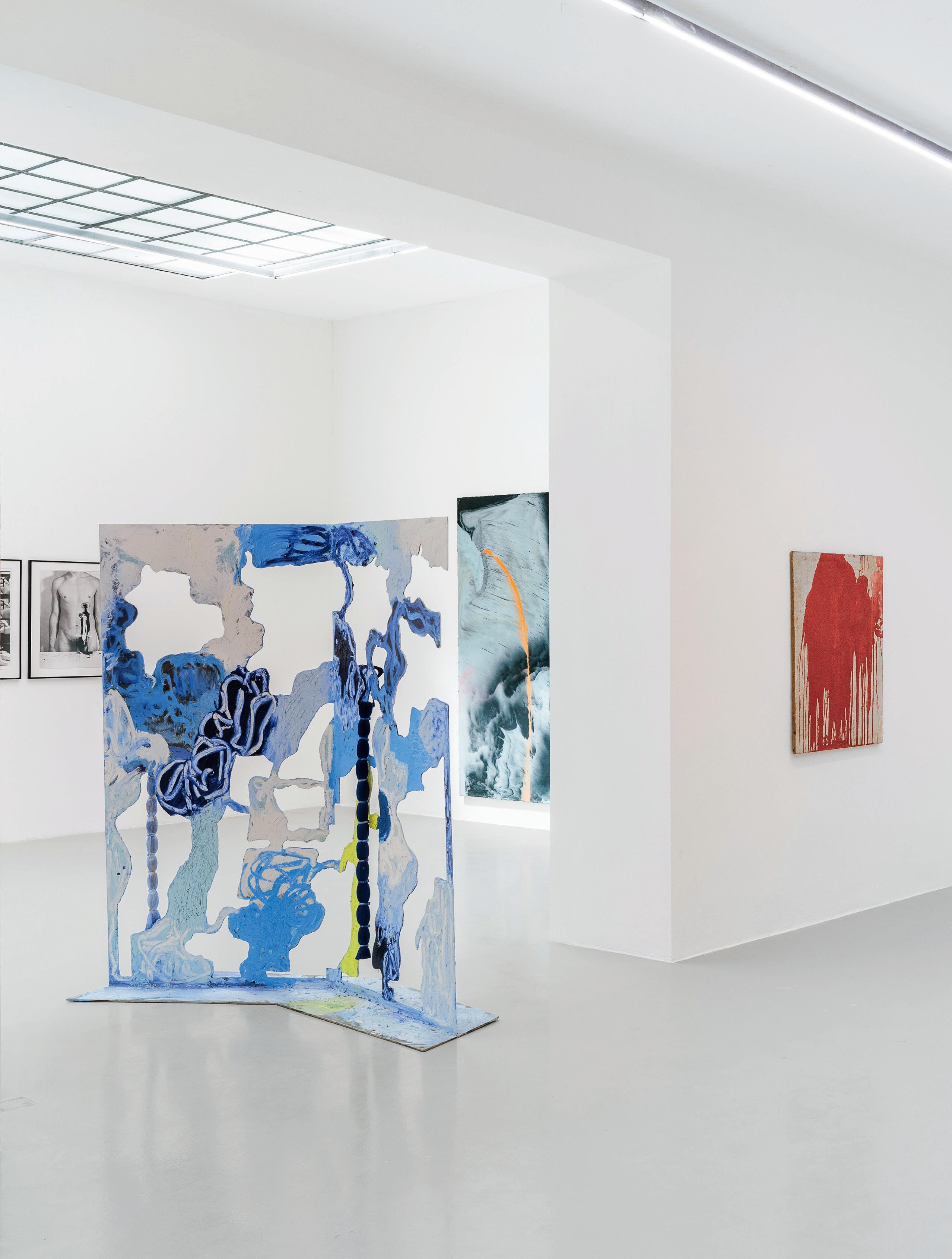

25 June - 25 July 2025
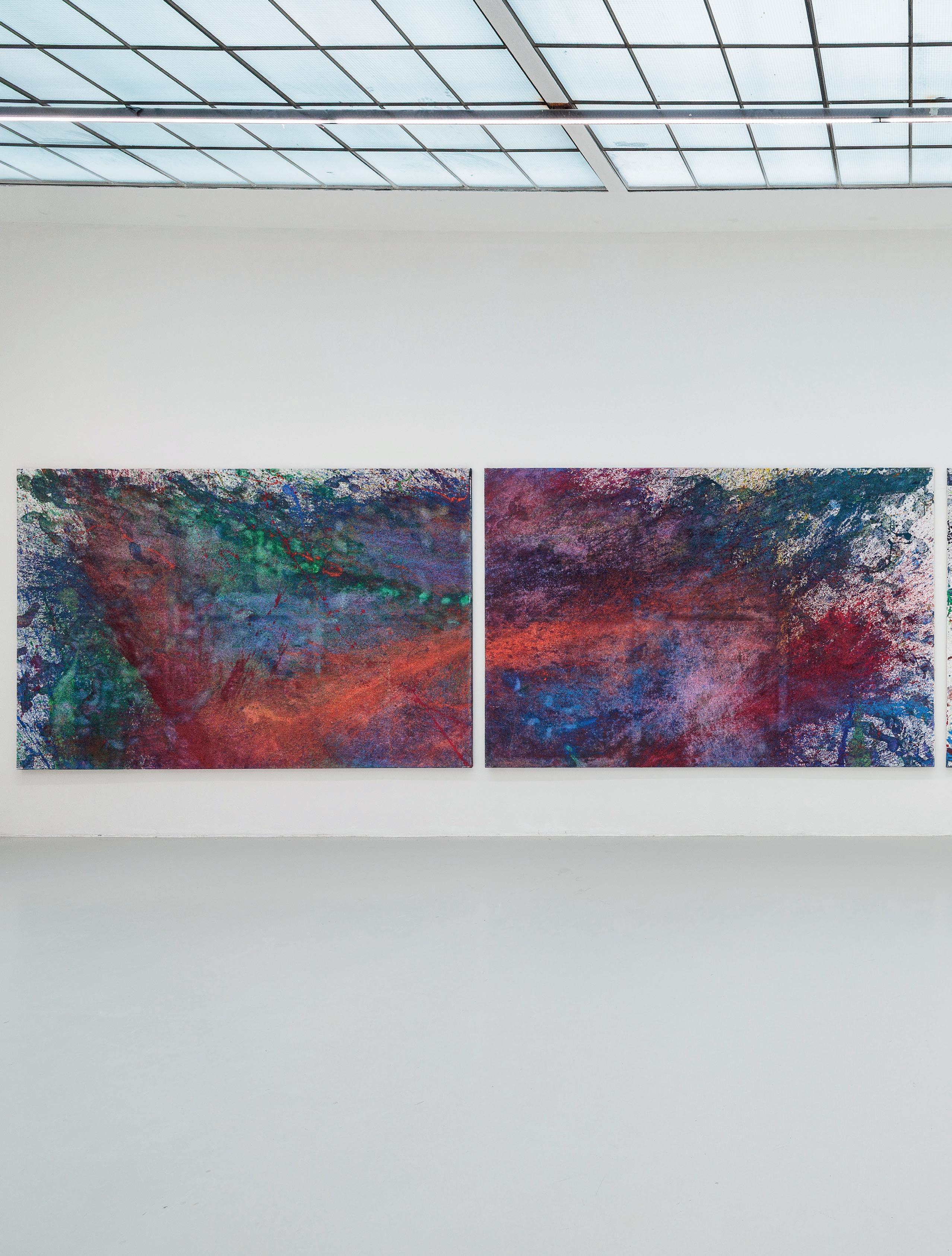
The exhibition features a selection of works created in the context of the Bayreuth Festival. It is complemented by a historical room offering a comprehensive insight into the multifaceted work of Hermann Nitsch. On view are artworks ranging from his first actions in the 1960s to his final large-scale painting performance in Bayreuth. Galerie Kandlhofer is pleased to present BayreuthWalküre by Hermann Nitsch.
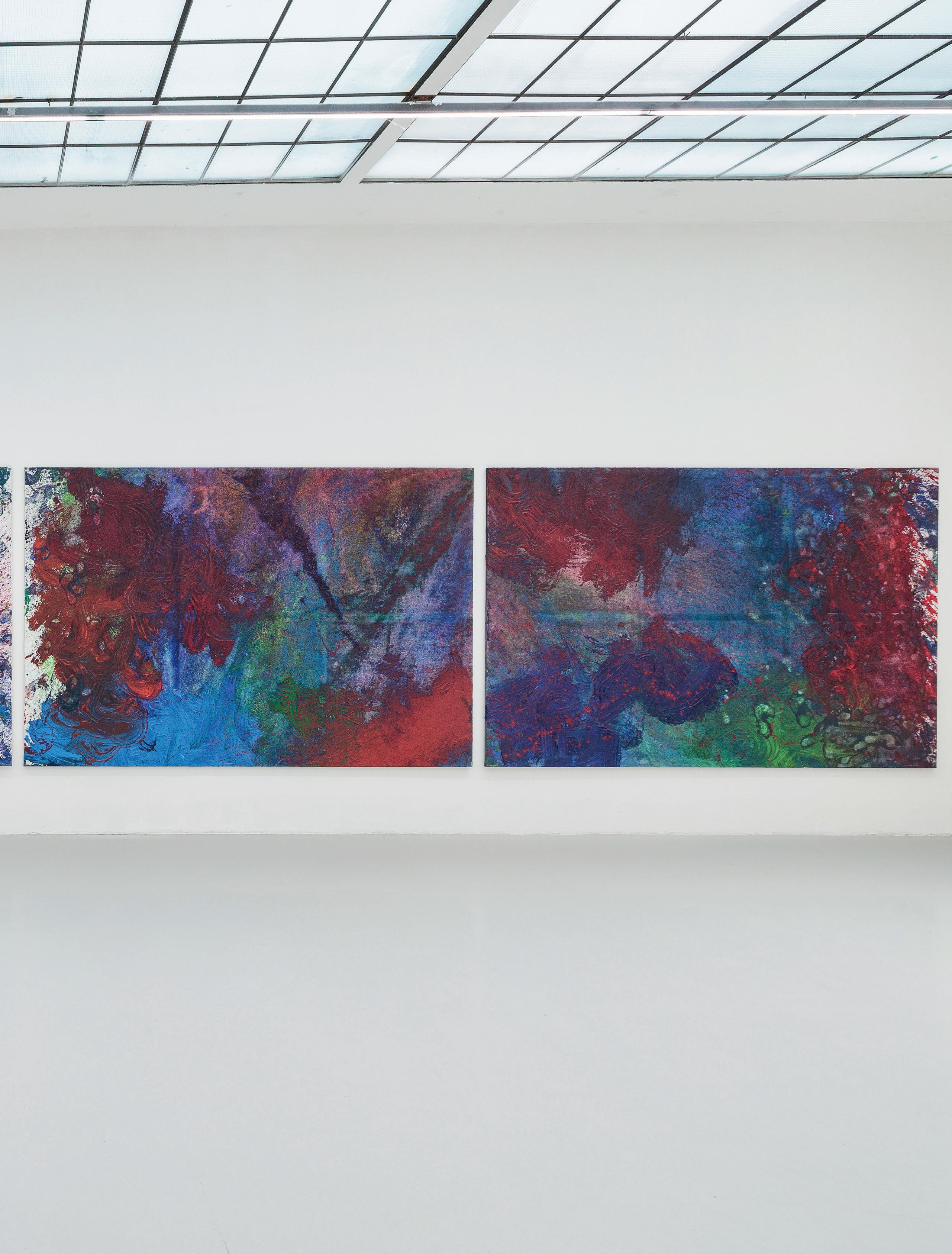

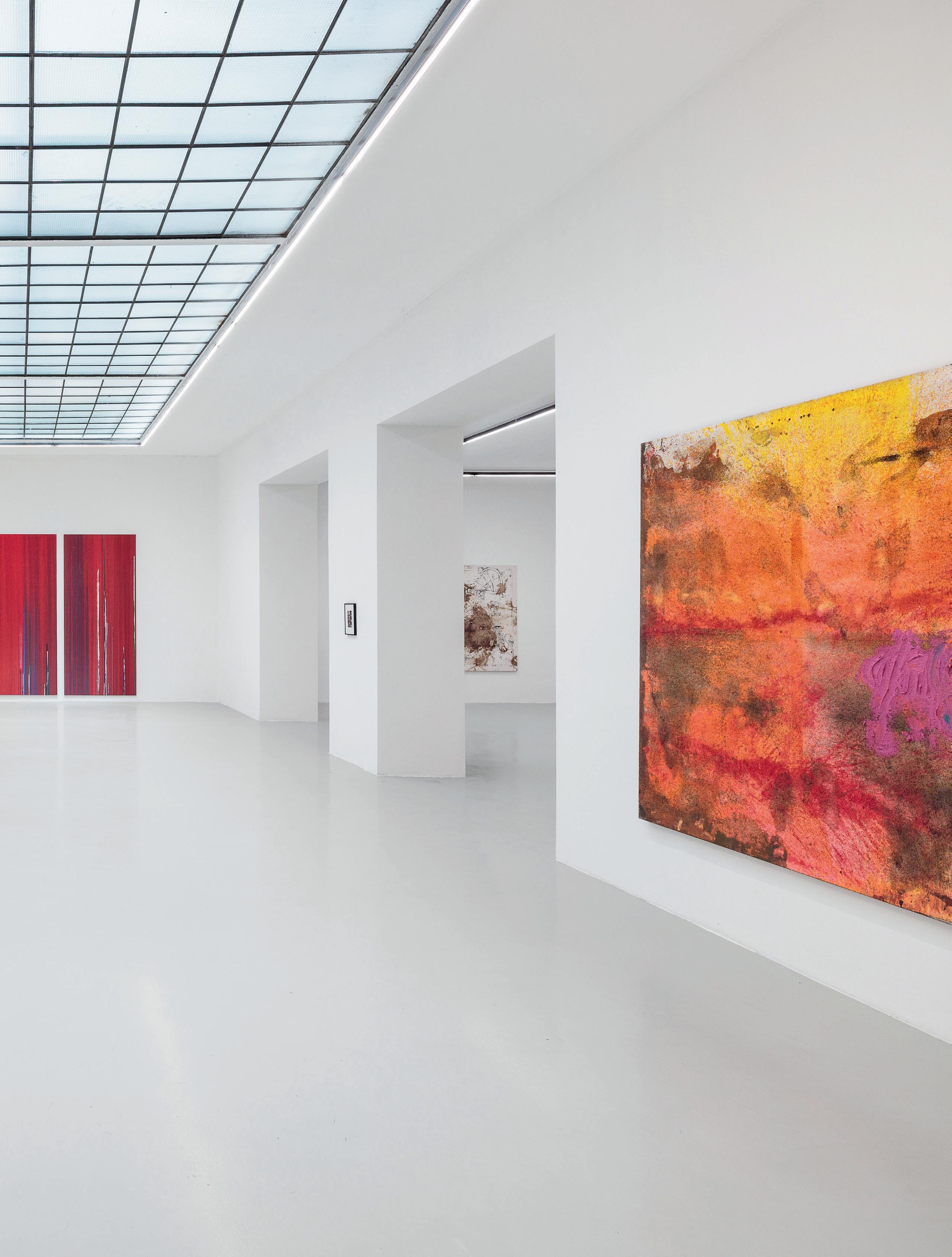

5 September - 4 October 2025
Galerie Kandlhofer invited DJ Hellerman to curate an exhibition for this year’s edition of Curated By.
DJ Hellerman is the Deputy Director & Senior Curator at moCa Cleveland where he is responsible for setting and implementing moCa's curatorial vision. He is charged with bringing moCa's mission and vision to life through strategic and collaborative partnerships.
Formerly, DJ served as the Chief Curator & Director of Curatorial Affairs at The Fabric Workshop & Museum in Philadelphia where he led the research and execution of artist-centered projects, exhibitions, and programming.
Focused on helping ideas find material form through the foundational elements of collaboration, experimentation, and process over product, DJ is committed to building relationships based on trust, effective communication, and vulnerability to allow for the openness and intimacy essential for creating meaningful work.
Working with artists across context-sensitive, intergenerational, and interdisciplinary projects, DJ focuses on artistic process; the relationship between art, technology, and spirituality; place-based art making; early use of video as an art form; and the development of alternative cultural institutions.
Recent exhibitions include Harminder Judge: Bootstrap Paradox; Soft/Cover; Henry Taylor: Nothing Change, Nothing Strange; Jayson Musson: His History of Art; Doreen Lynette Garner: Pale In Comparison; Ira Lombardia: VOID; YOKO ONO: REMEMBERING THE FUTURE; Strata: Frank Gillette and Suzanne Anker co-curated with David Ross; Jeff Donaldson: Dig; Vanessa German: de.structive dis. tillation; Adam Milner: Late Night Space Force; Edie Fake: Structures Shift; TR Ericsson: I Was Born To Bring You Into This World; Björn Schülke: Traveling Spy; and Mildred Beltré: DreamWork.

9 October - 14 November 2025
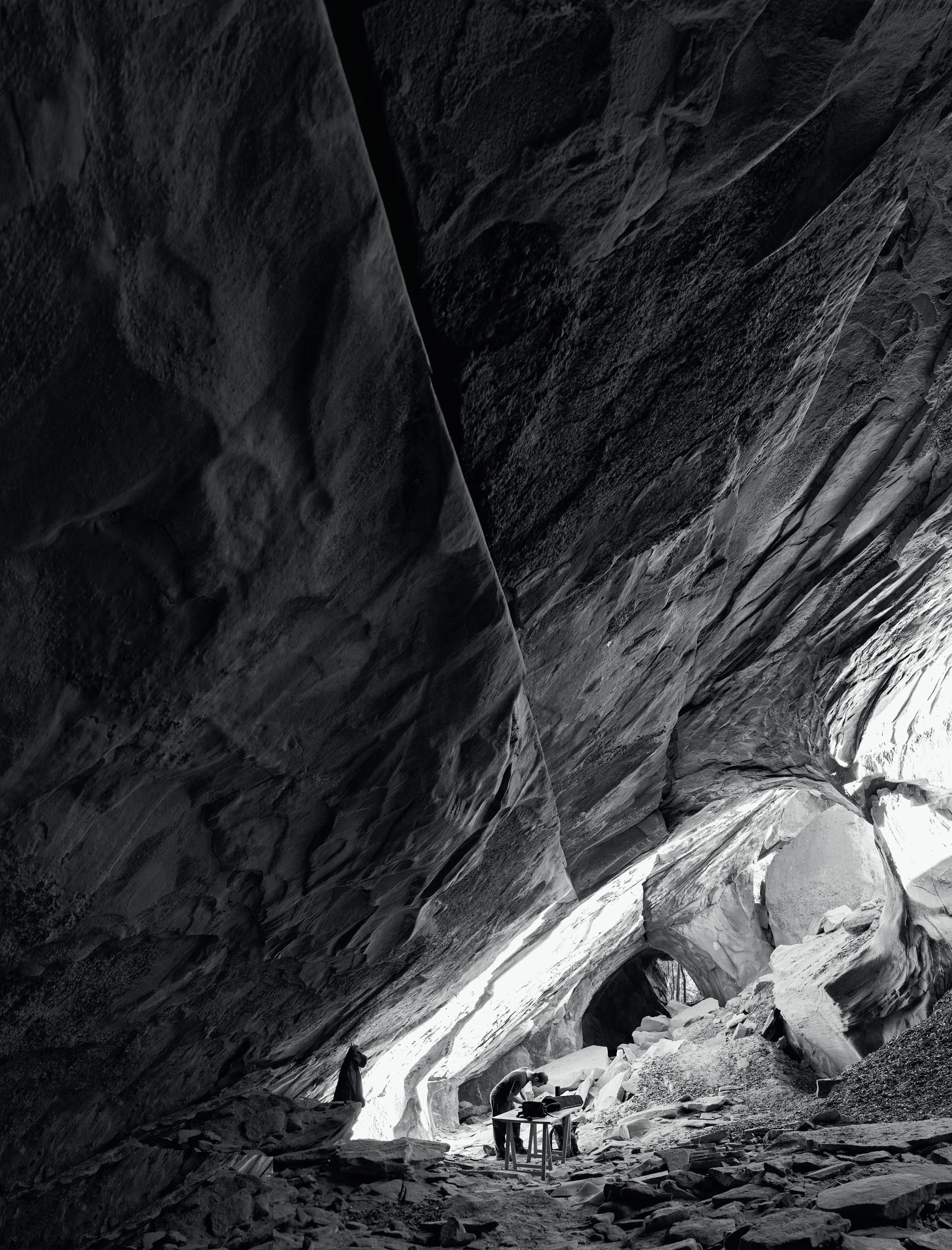
Maximilian Prüfer (born 1986 in Weilheim, Germany) studied Design and Communication Strategy at the University of Applied Sciences in Augsburg and Fine Arts at the Accademia di Belle Arti di Bologna.
His artistic practice explores natural processes and their visual translation. Using a technique he developed himself, called Naurantypie, which captures the movements and traces of insects, Prüfer addresses existential, philosophical, and ecological questions. His work revolves around the relationship between humans and nature, the manipulation of ecosystems, and the fundamental interdependence of all living beings. Combining scientific research with poetic reflection, his practice challenges cultural narratives of human superiority over the natural world.
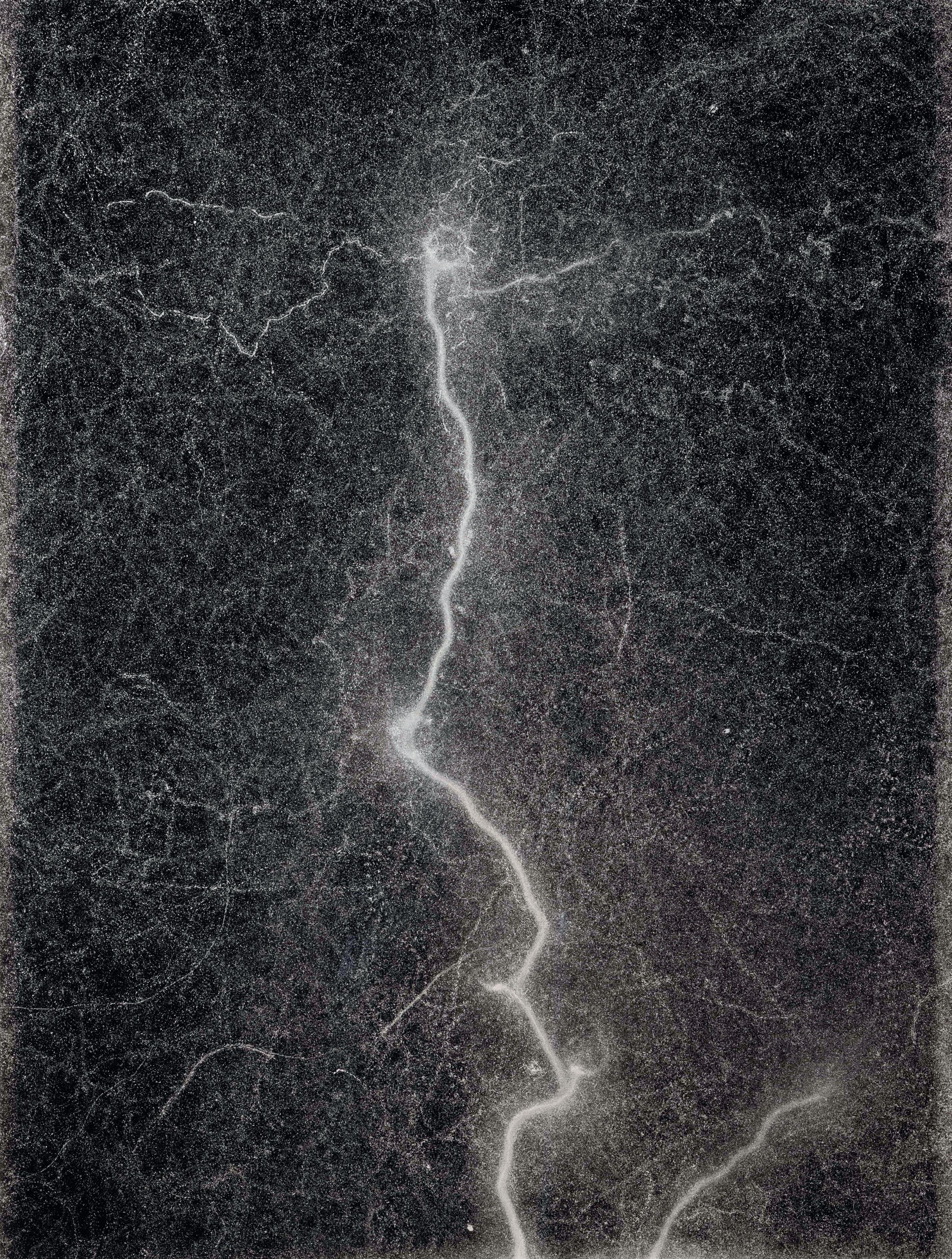
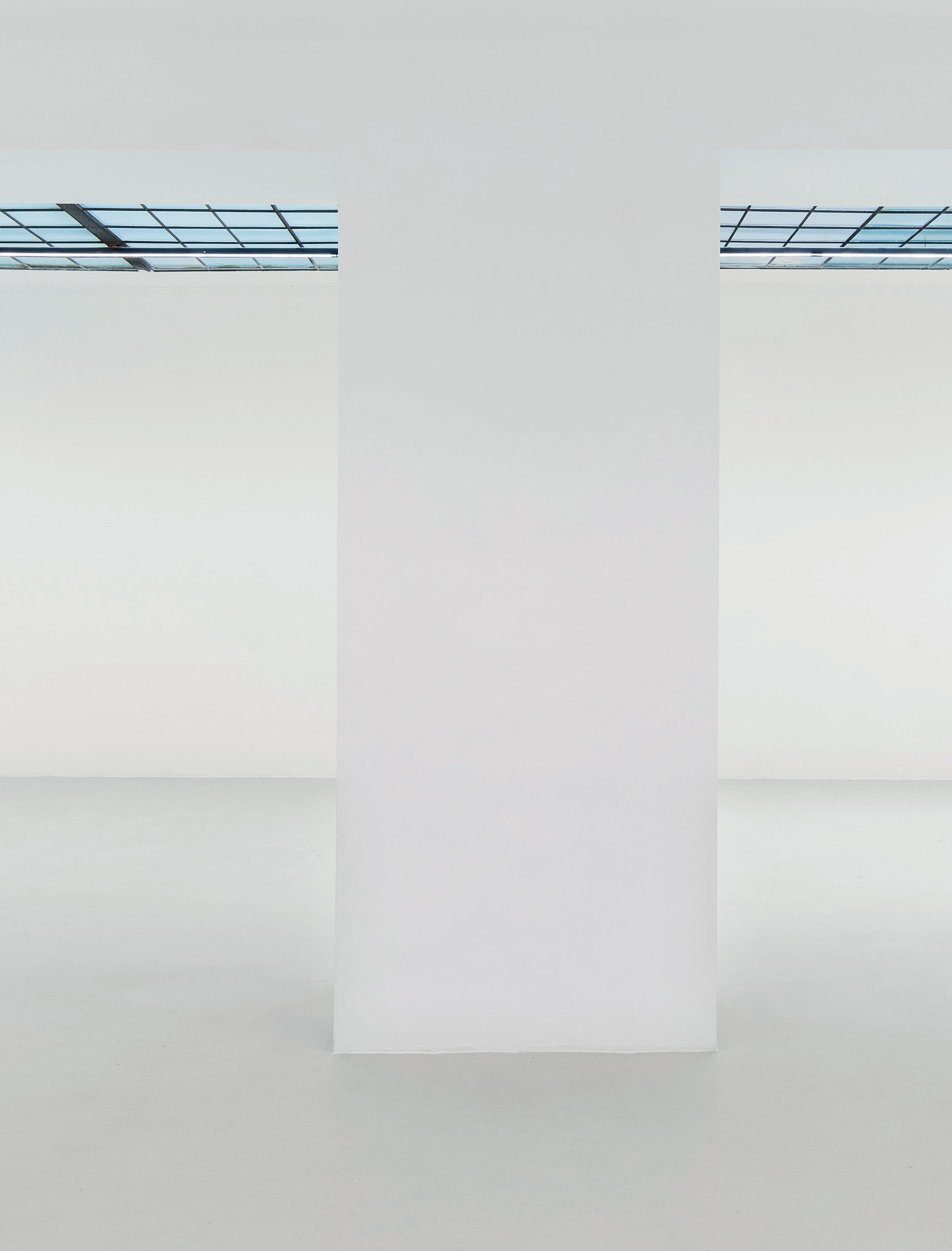
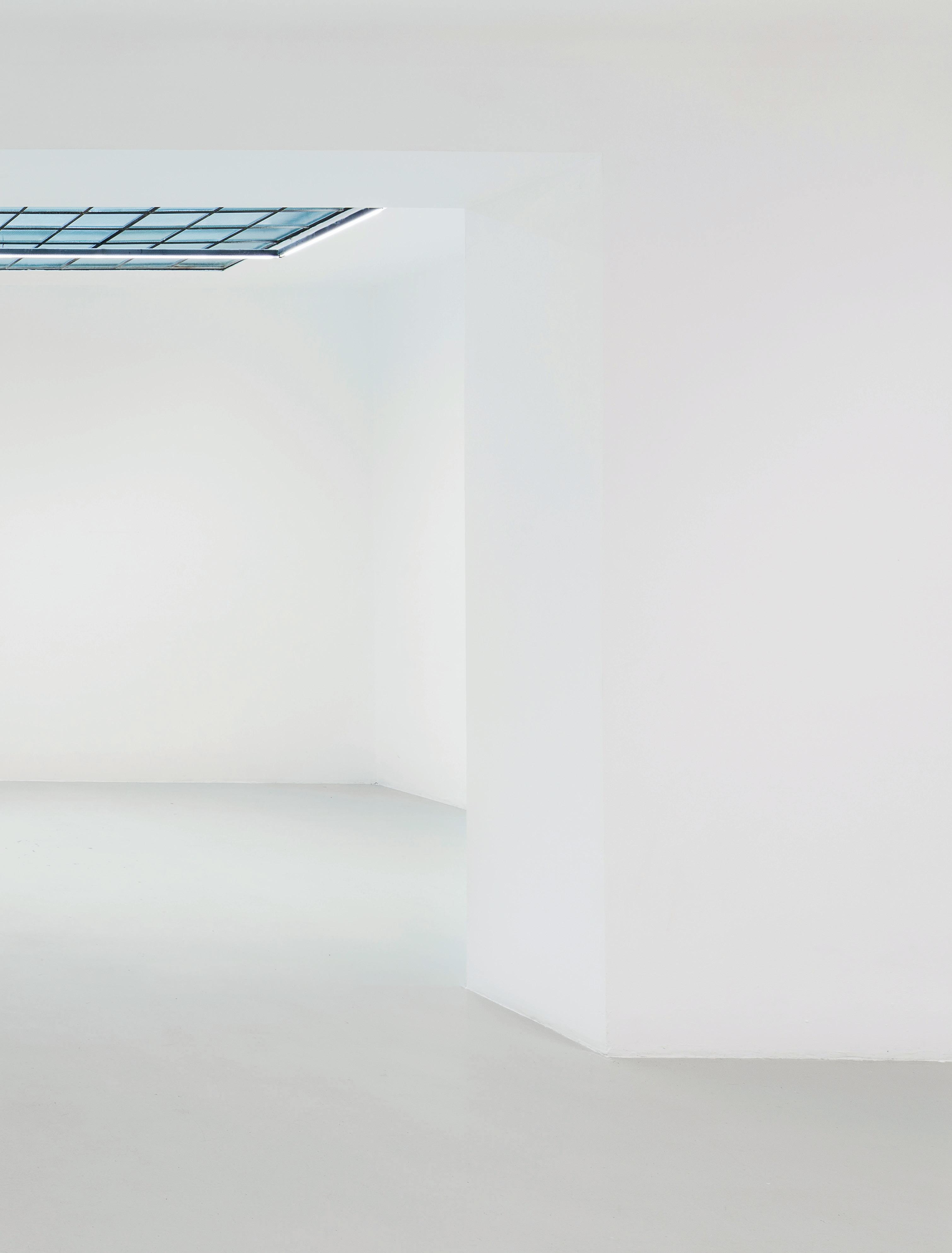
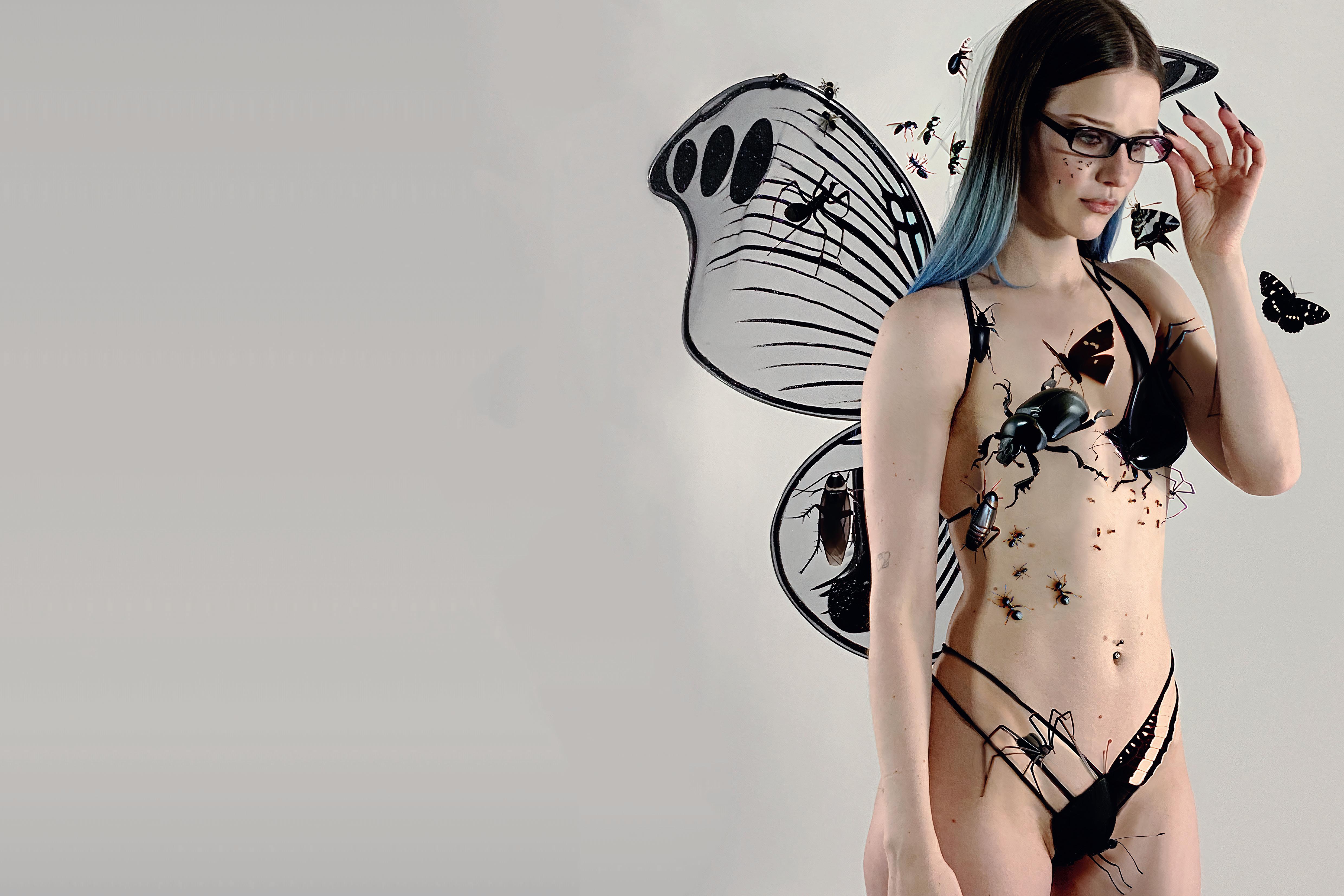
In Abyss, Arvida Byström (b. 1991, Stockholm, Sweden) continues her exploration of intimacy, digital desire, and identity, building on her acclaimed series In the Clouds. This project began with an experiment: she fed photography and imagery of herself through an AI-powered undressing website - a tool designed to generate fake nudes - and offered the results for sale with out disclaiming the process.
In doing so, she examined not only the mechanisms of digital objectification but also the point at which these technologies create something more than human: strange distortions, surreal forms. In Abyss, these glitches become the core. Byström works with AI-generated imagery to create uncanny, hyper-feminine bodies. These forms become warped, stretched, fragmented, and transformed into abstract shapes. These visual manipulations critique how digital platforms shape - and often distort - the aesthetics of desire and the performance of identity. At the heart of the exhibition is a sculptural installation modelled after the mutoscope, an early film-viewing device from the late 19th century, once also used to display softcore pornography in private settings. Via a small opening, viewers can peer inside to find an AI-generated video, showing deformed, synthetic visions of an AI generated body. In this way, the work explores ideas of openings and enclosures resonating with the exhibition’s title Abyss, providing both a conduit to observation alongside an essential aspect of pleasure. Pornography, Byström suggests, is not just subject matter - it is infrastructure. Many mass market technologies were accelerated through the demand of pornography, such as the internet, 3G, camcorder and more. In Abyss, Byström invites viewers to explore if porn can be more than human and how desire is created through culture.


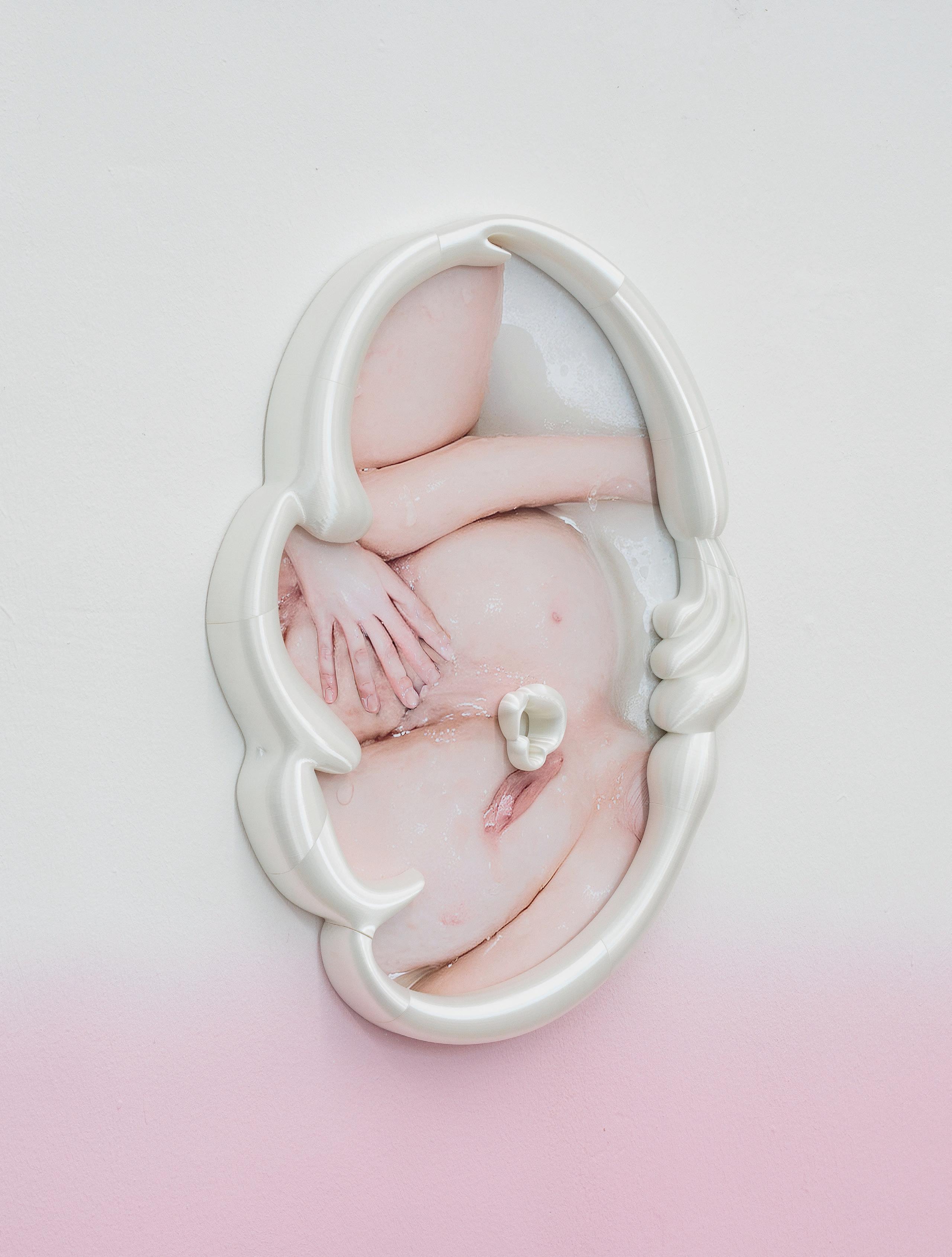
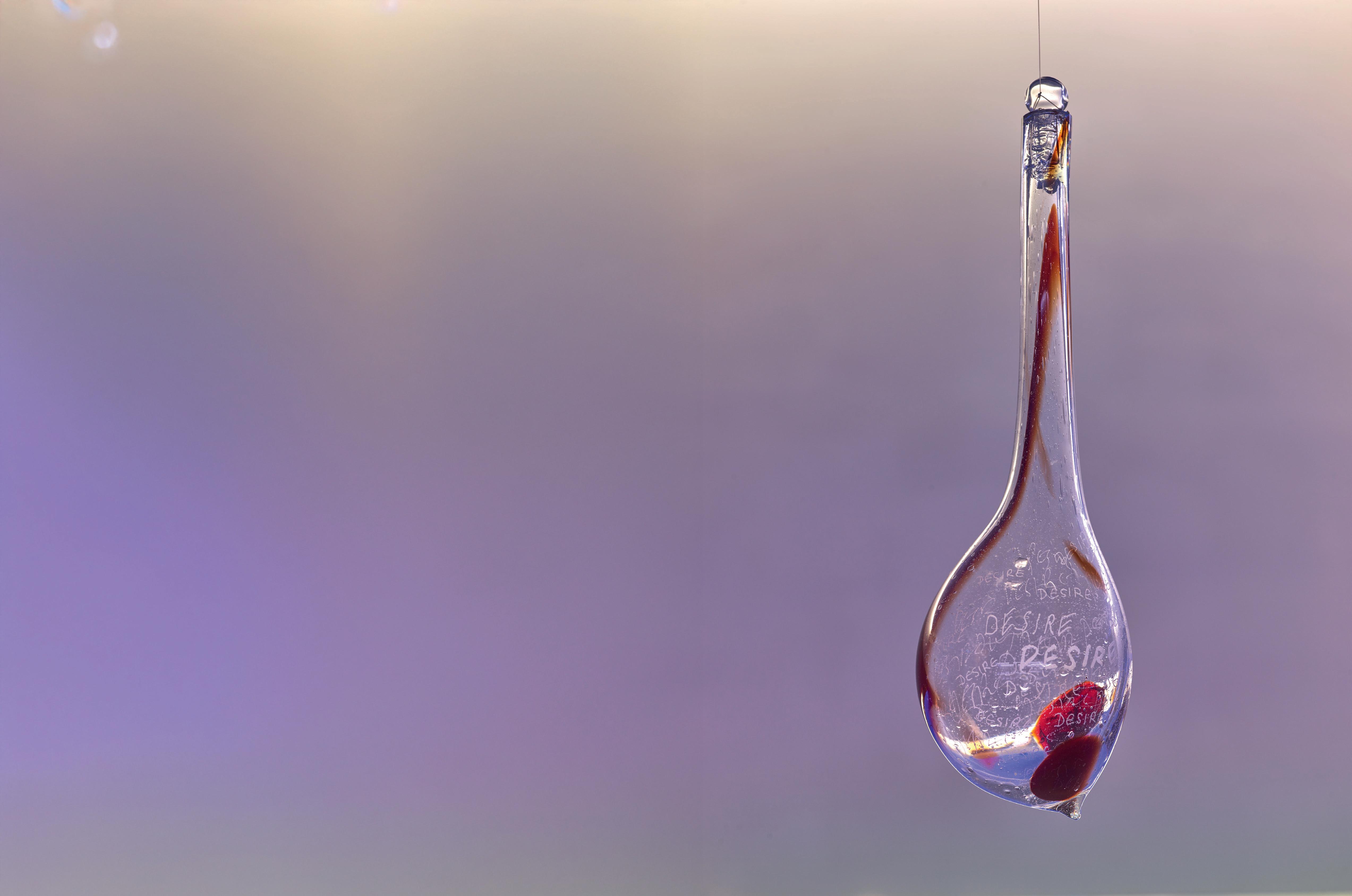
5 September - 4 October 2025
Isabella Fürnkäs (*1988, Tokyo, Japan) is an artist who works in a variety of media. The body of work involves equal shares of multi-media installation, video, performance and drawing. In her multi-layered oeuvre she addresses questions of physical and spatial intimacy, the influence of digitalization on interpersonal relationships, and the transformation of social communication patterns.
Fürnkäs investigates visual spaces of our present and creates contextual shifts that echo our own vulnerabilities. In the context of her works, inner images and multi-layered questions are transformed into a repertoire of media-reflexive actions via performative, installative and time-based techniques. Experimental by nature her works involve a subtle comparison of the individual and its society, creating situations of disruption and (re-)creation. By using a wide range of materials such as glass, epoxycoated cloth, fluids, fabrics or pottery in combination with audio, video and performance, her works open up to potential mental spheres beyond the familiar, in the unexpected state of being in-between.


9 October – 21 November 2025
Clément Bedel (b. 1993) is a French painter based in Vienna, Austria. After completing a Master’s degree in 2017 at the École Nationale Supérieure d’Art de Nancy, where he studied under Nina Childress, he went on to continue his training at the Faculty of Fine Arts in Belgrade, where he lived and worked from 2016 to 2020.
Favoring painting as his primary medium, Bedel creates hybrid compositions that capture suspended moments between collapse and rebirth.
His vibrant, incisive works depict a world in flux, where the resilience of nature challenges the notion of extinction. Streams of intense color—often symbolic of pollution—merge with plants, trees, and brutalist structures caught in perpetual transformation. These multi-metabolic scenes disrupt conventional notions of linear time, resonating with Timothy Morton’s concept of hyperobjects—entities so vast in scale and duration that they elude ordinary perception.
As sociologist Nikolaj Schultz observes:
‘’I am not an art critic, but it strikes me that this is what is at stake in Bedel’s paintings, and what I myself under the term ‘new existentialism’ have elsewhere suggested that philosophy puts all its stakes into investigating: How the human moral-existential landscapes today appear fragmented, ripped to pieces by its own being’s ecological weight. Yet, as always, the power of theory to investigate, mirror, transform, and perhaps even sooth novel existential contours and affects is of course nothing compared to that of art. Paintings, especially, have always been absolutely essential in exploring the human condition, and in making us sensitive to certain silhouettes and transformations of it – no matter how frightening it is to look it in the eyes.
And hence the importance of a novel generation of painters like Clément Bedel, and a set of paintings like these, that are grappling with how the individual and collective human condition today, in a time of global climate change’’
Bedel has participated in numerous group exhibitions across France, Germany, and Serbia, and has undertaken residencies in Leipzig (2019) and Istanbul (2020). His recent solo exhibitions include U10 ArtSpace, Belgrade (2021), Galerie Hestia, Belgrade (2023), Eisenwerk Frauenfeld, Switzerland (2023), and WUK, Vienna (2024).
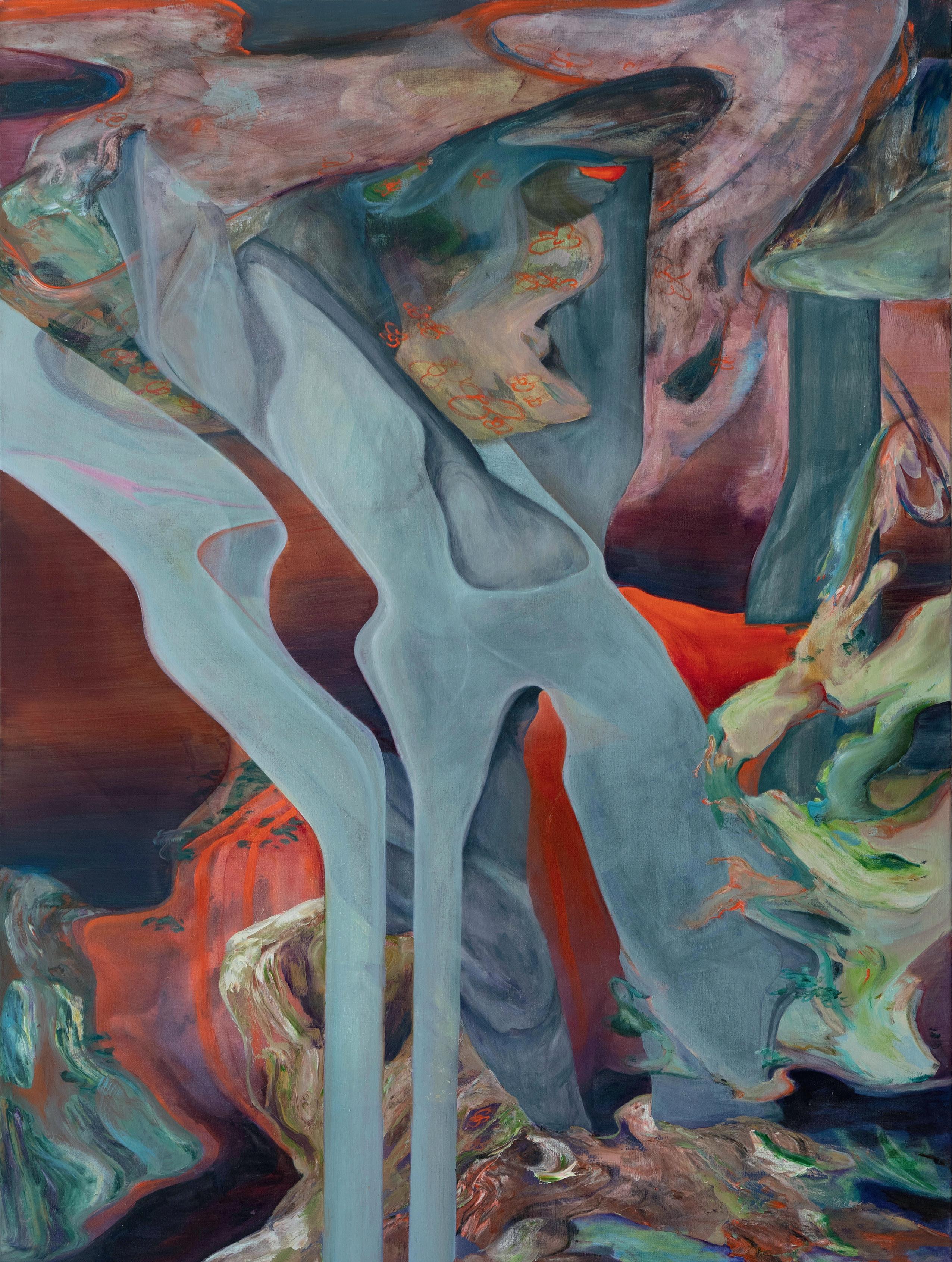
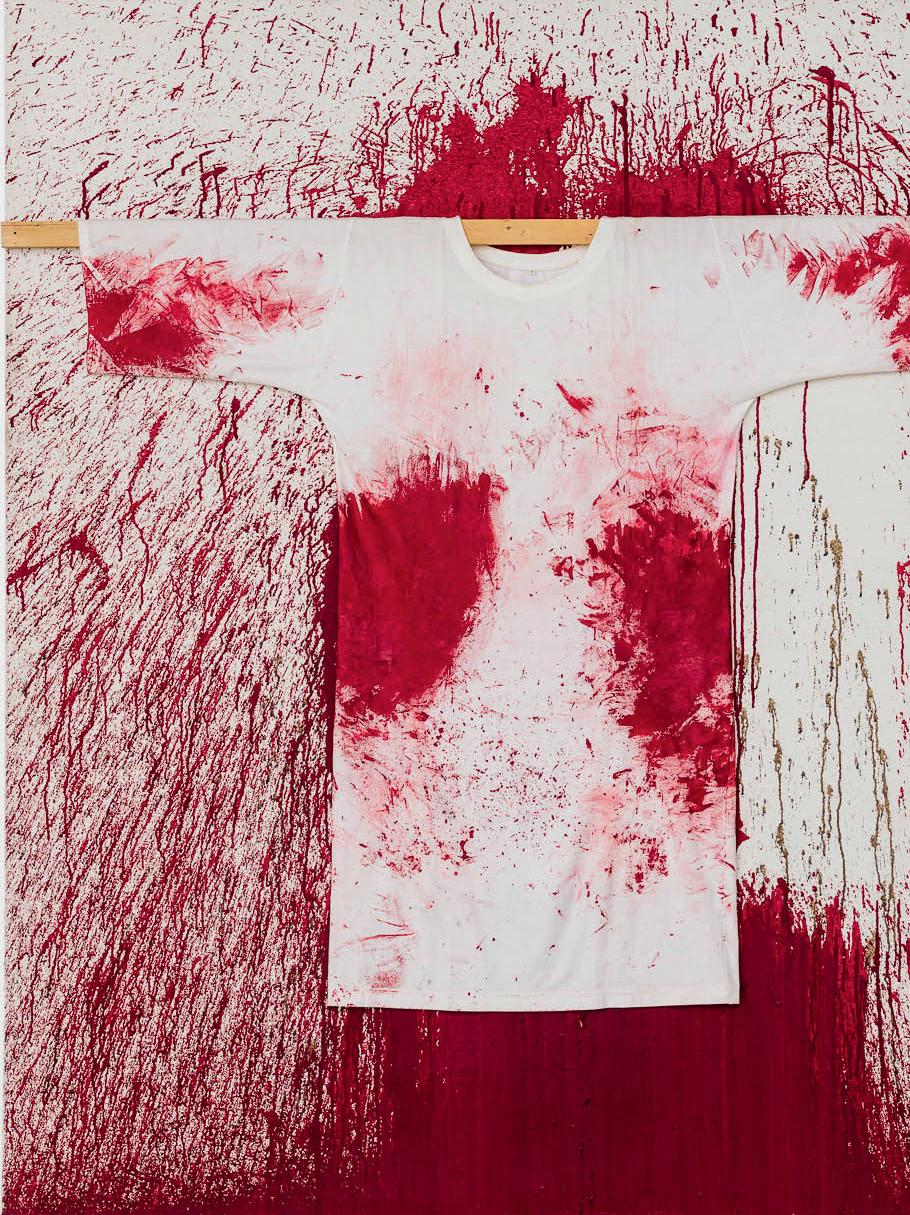
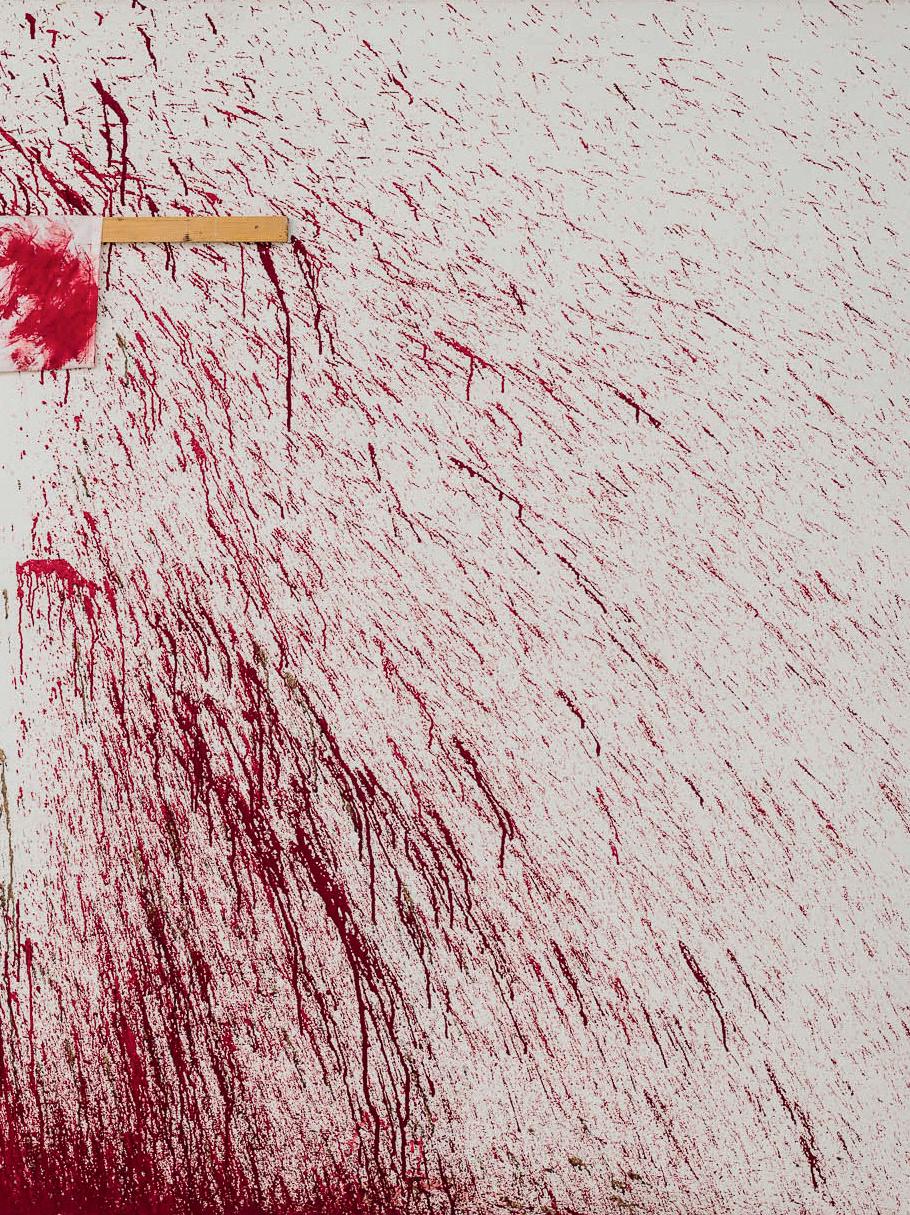
Galerie Kandlhofer
Brucknerstrasse 4, 1040, Vienna, Austria
info@kandlhofer.com
+43 1 503 1167
Cover
Harminder Judge, Untitled, 2025, Plaster, polymer, pigment, scrim, oil, 230 x 230 cm, photo Ollie Hammick
Page 2
Arvida Byström, Coexist, 2022, Photographic print, 30 x 40 cm, 10 editions 2 ap, Courtesy of the Artist
Page 4 and 5
Hermann-Nitsch-GmbH, 6 Tage-Spiel, 2023, photo Elisa Partenzi
Page 6 and 7
Hermann Nitsch, Das Orgien Mysterien Theater, photo eSeL
Page 8 and 9
Harminder Judge, Installation View: “Bootstrap Paradox”, MoCa Cleveland, 2025, photo Jacob Koestler
Page 10 and 11
Harminder Judge, MoCa Cleveland, Bootstrap Paradox, photo Jacob Koestler
Page 12 and 13
Karl Karner, I eat with my bird, 2024, aluminium, swarovski glitter, 130 x 90 x 260 cm, Courtesy of the Artist
Page 14 and 15
Karl Karner, KÄ r, 2024, aluminium, 250 x 205 x 205 cm, Installation View: Skulpturenpark Feldbach, Courtesy of the Artist
Page 16 and 17
Ausstellungsansicht Model Collapse: Arvida Byström, Lola Skin, 2025, Courtesy of the Artist; Vienna Digital Cultures / Kunsthalle Wien 2025 photo: Iris Ranzinger
Page 18 and 19
Hermann Nitsch, Courtesy of Centre Pompidou
Page 20 and 21
Rodrigo Valenzuela, Installation View: ‚MUECAS‘, Galerie Kandlhofer, Vienna, 2025, photo Manuel Carreon Lopez
Page 22 and 23
Rodrigo Valenzuela, Installation View: ‚MUECAS‘, Galerie Kandlhofer, Vienna, 2025, photo Manuel Carreon Lopez
Page 24 and 25
Maximilian Prüfer, Dokumentation of Snailpicture, 2025, Courtesy of the Artist
Page 26 and 27
Maximilian Prüfer, Installation View: “Weltgrenze”, 2025, Courtesy of the Artist
Page 30 and 31
Installation View: Embodied Rituals: Donna Huanca, Harminder Judge, Hermann Nitsch, Galerie Kandlhofer, Vienna, 2025, photo Manuel Carreon Lopez
Page 33
Donna Huanca, LACRIMAL GLAND, 2020, Painting - Oil, sand on digital print on canvas, 180 x 132 cm, 70 7/8 x 52 in, Courtesy of the Artist
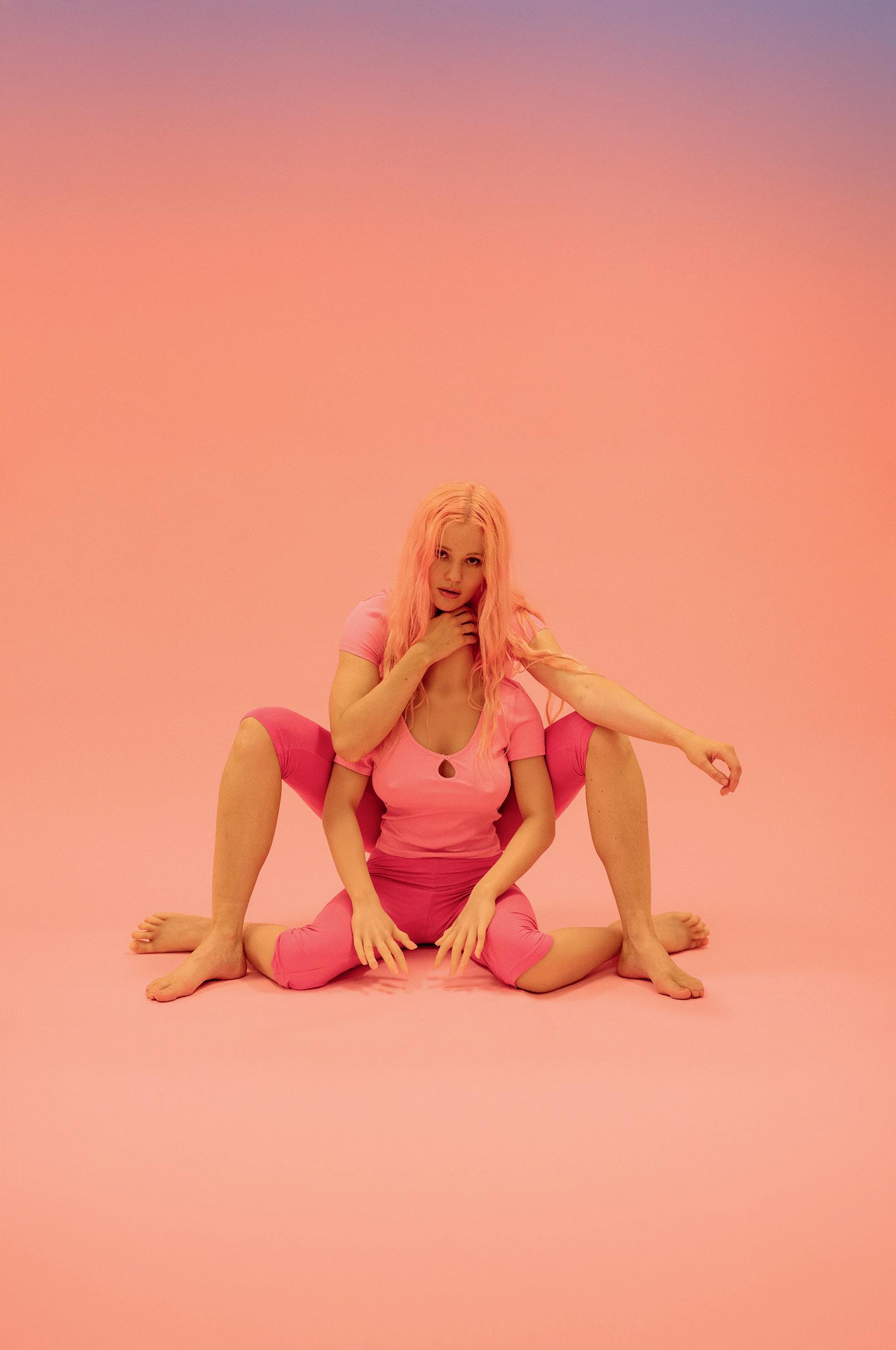
Page 34 and 35
Harminder Judge, Untitled, 2025, Plaster, polymer, pigment, scrim, oil, 230 x 230 cm, photo Ollie Hammick
Page 36 and 37
Installation View: Embodied Rituals: Donna Huanca, Harminder Judge, Hermann Nitsch, Galerie Kandlhofer, Vienna, 2025, photo Manuel Carreon Lopez
Page 38 and 39
Installation View: Embodied Rituals: Donna Huanca, Harminder Judge, Hermann Nitsch, Galerie Kandlhofer, Vienna, 2025, photo Manuel Carreon Lopez
Page 40 and 41
Installation View: Embodied Rituals: Donna Huanca, Harminder Judge, Hermann Nitsch, Galerie Kandlhofer, Vienna, 2025, photo Manuel Carreon Lopez
Page 42 and 43
Hermann Nitsch, Installation View: Bayreuth Walküre, Galerie Kandlhofer, Vienna, 2025, photo Manuel Carreon Lopez
Page 44 and 45
Hermann Nitsch, Installation View: Bayreuth Walküre, Galerie Kandlhofer, Vienna, 2025, photo Manuel Carreon Lopez
Page 46 and 47
DJ Hellerman Portrait, Courtesy of DJ Hellerman
Page 48
Maximilian Prüfer, Courtesy of the Artist
Page 49
Maximilian Prüfer, Detail of Antpicture
Page 53
Arvida Byström Portrait, Courtesy of the Artist
Page 54
Arvida Byström, Installation View: Abyss, Galerie Kandlhofer, Vienna, 2025, photo Manuel Carreon Lopez
Page 55
Arvida Byström, Flushing, 2025, PLA plastic, plexi, pigment print, resin, glue, 79 x 58 x 7 cm, photo Manuel Carreon Lopez
Page 57
Isabella Fürnkäs, The Desiring Machines, Kunstverein Siegen, Germany, 2023, photo by Simon Vogel
Page 59
Clément Bedel, Overflow, oil on canvas, 220 x 160 cm, 2025, Courtesy of the Artist
Page 60 and 61
Hermann Nitsch, Schüttbild, 2009, Acryl auf Leinwand mit Mahlhemd, photo Manuel Carreon Lopez